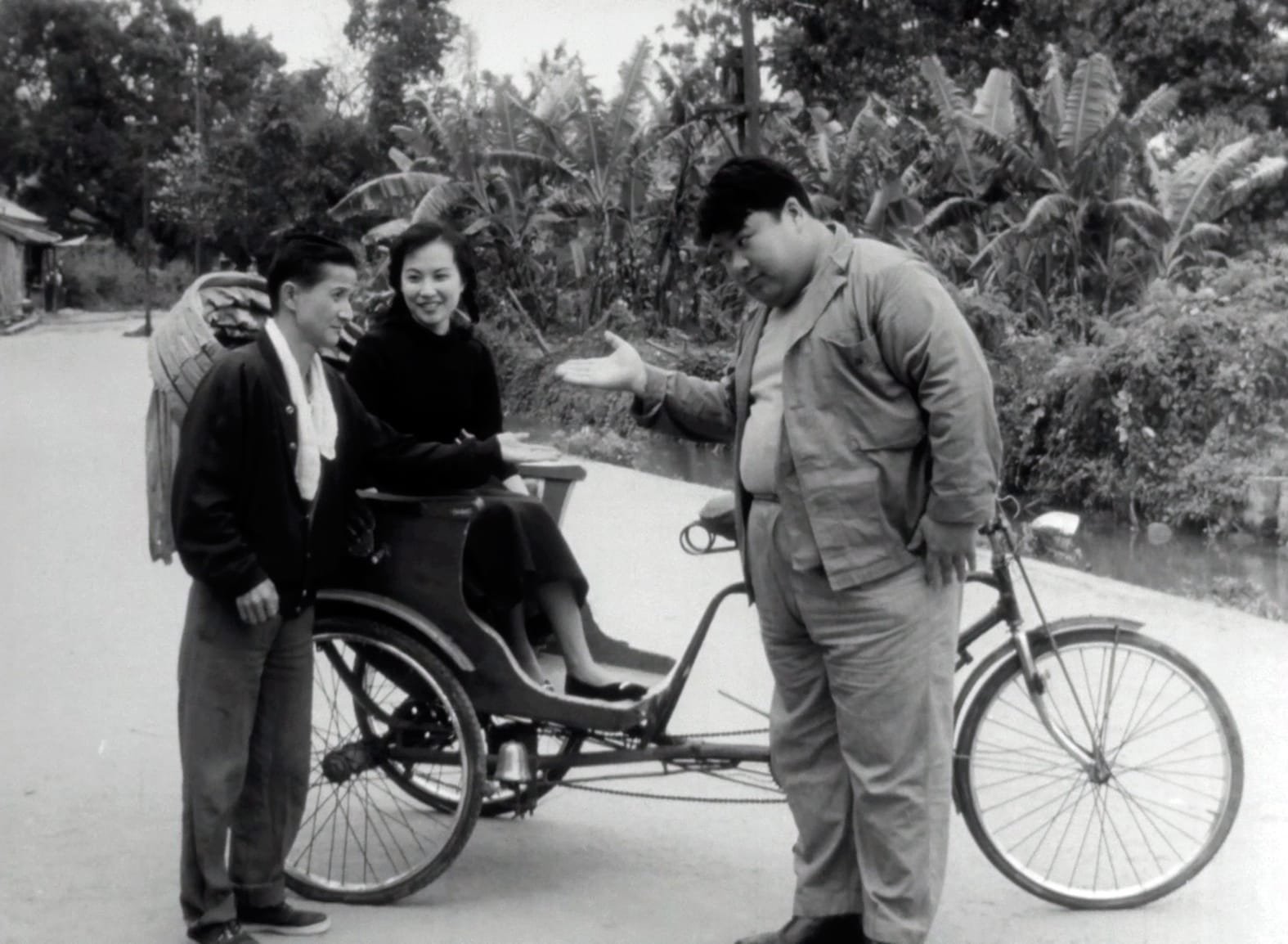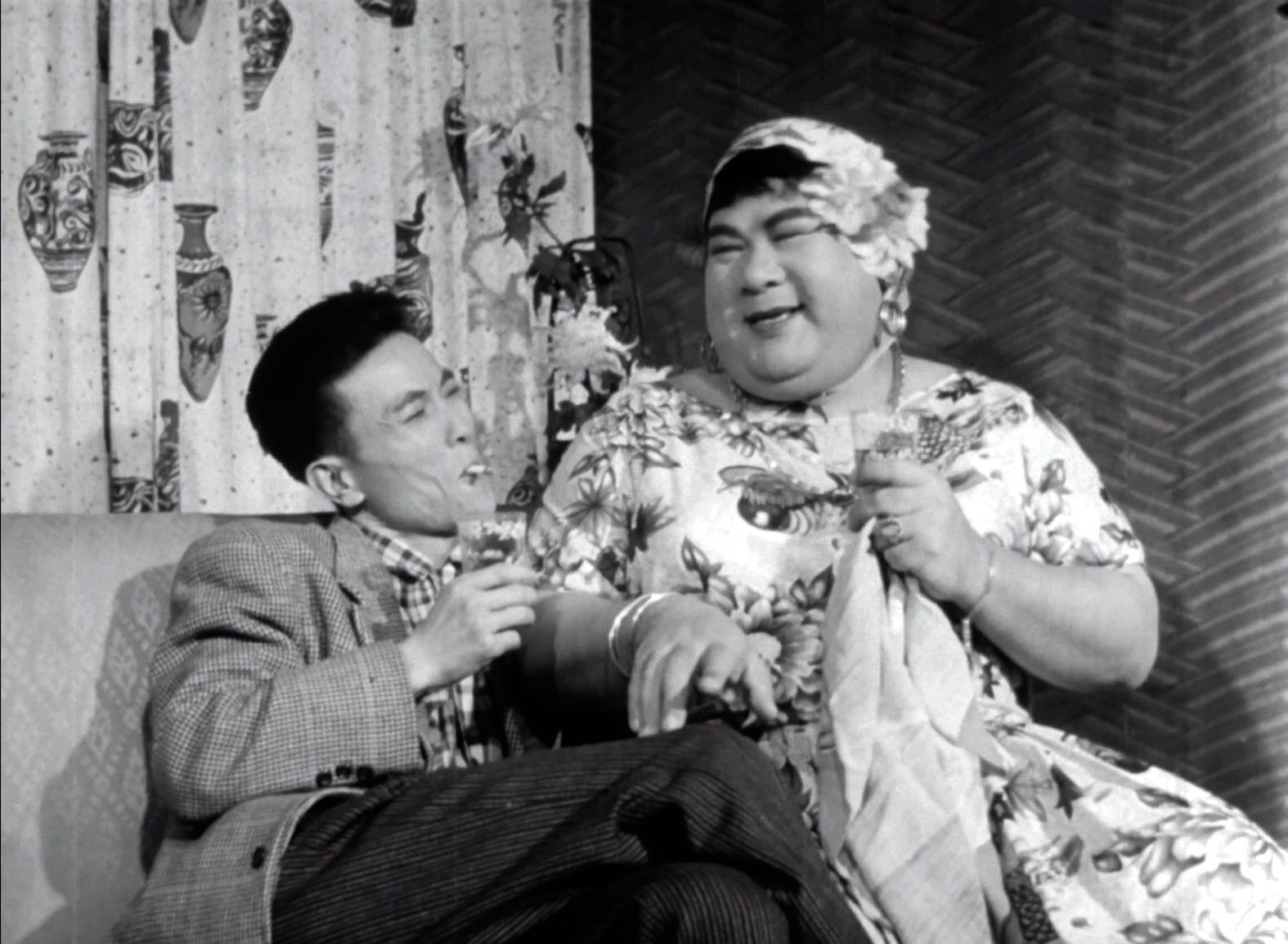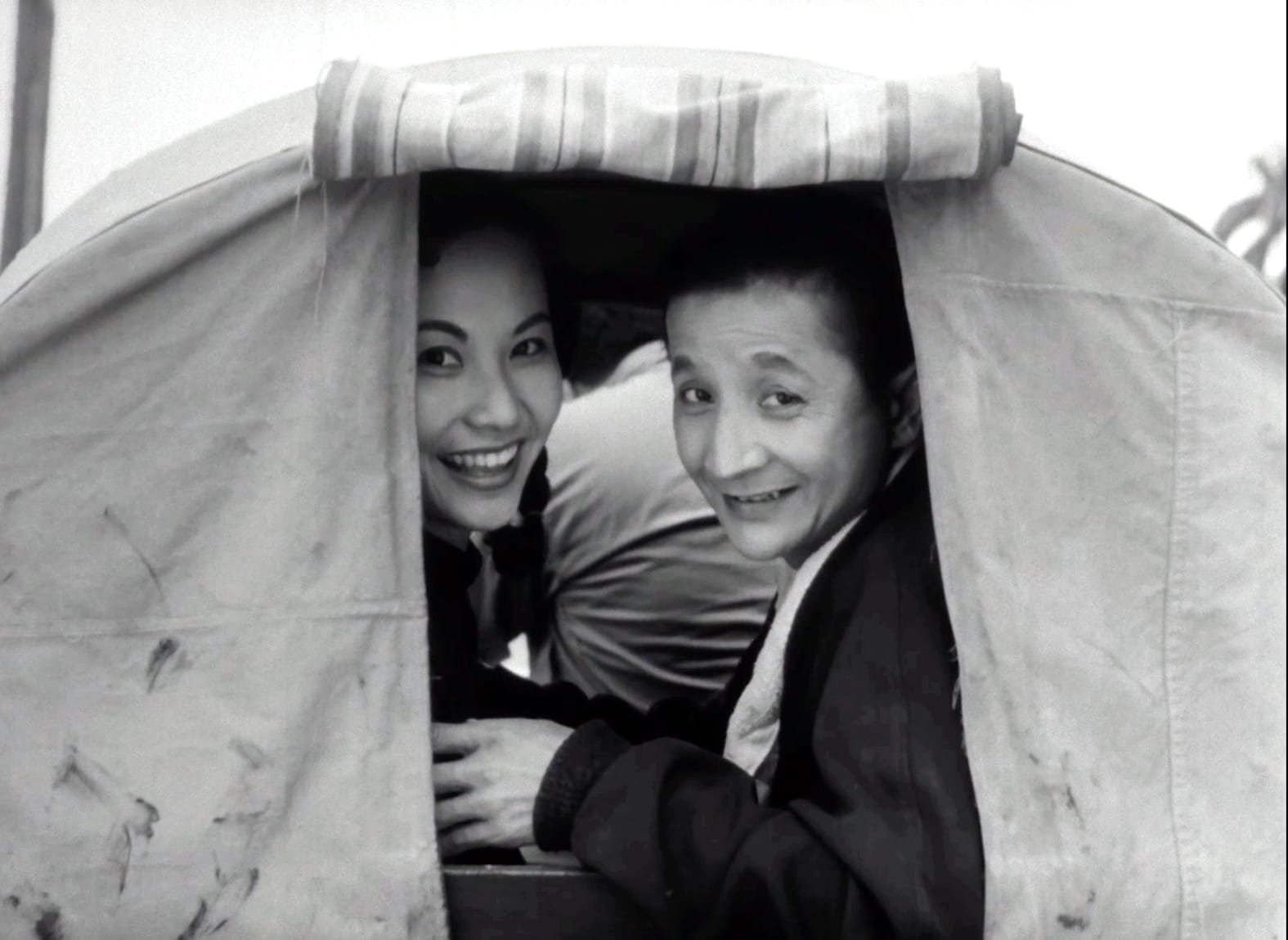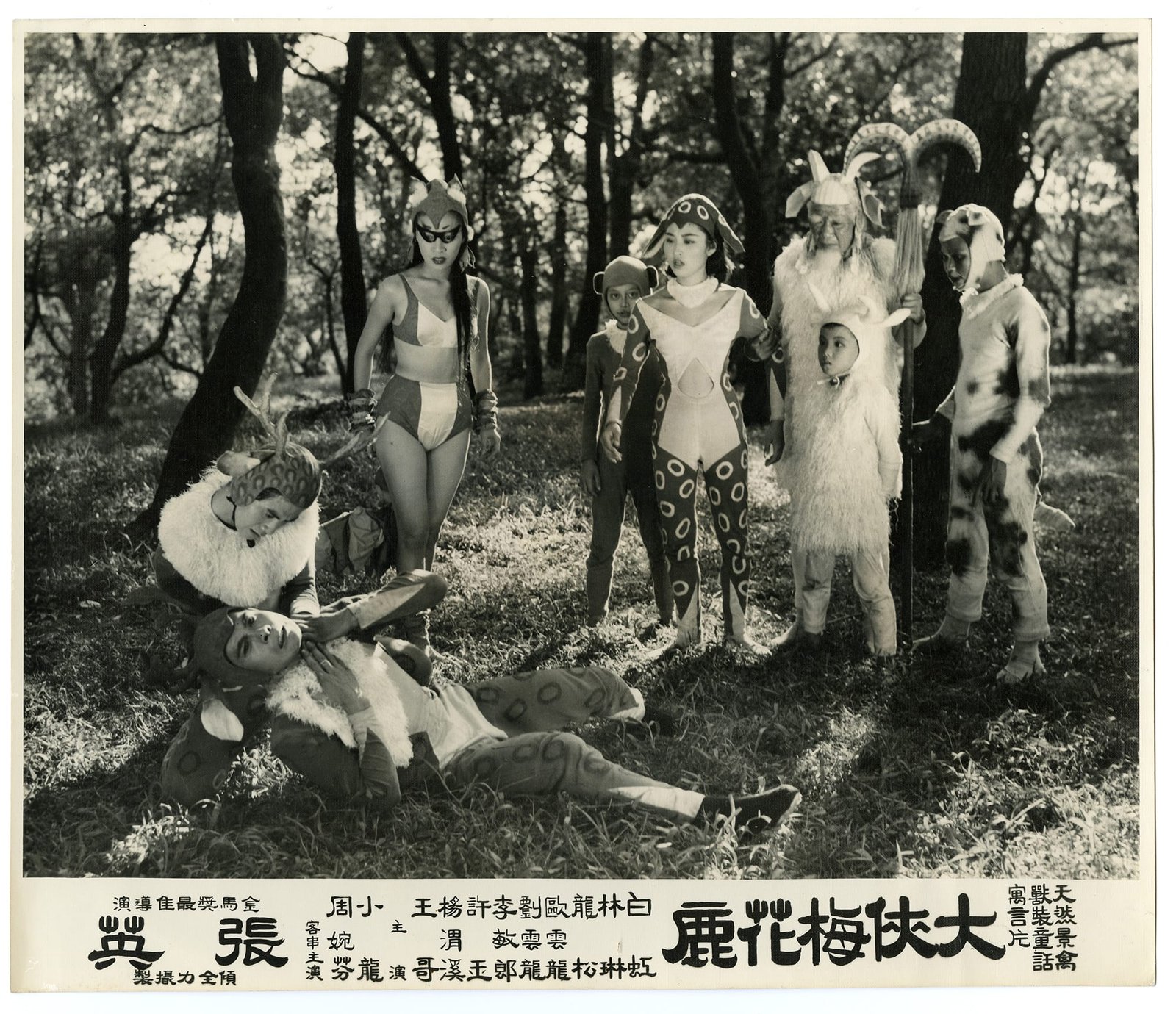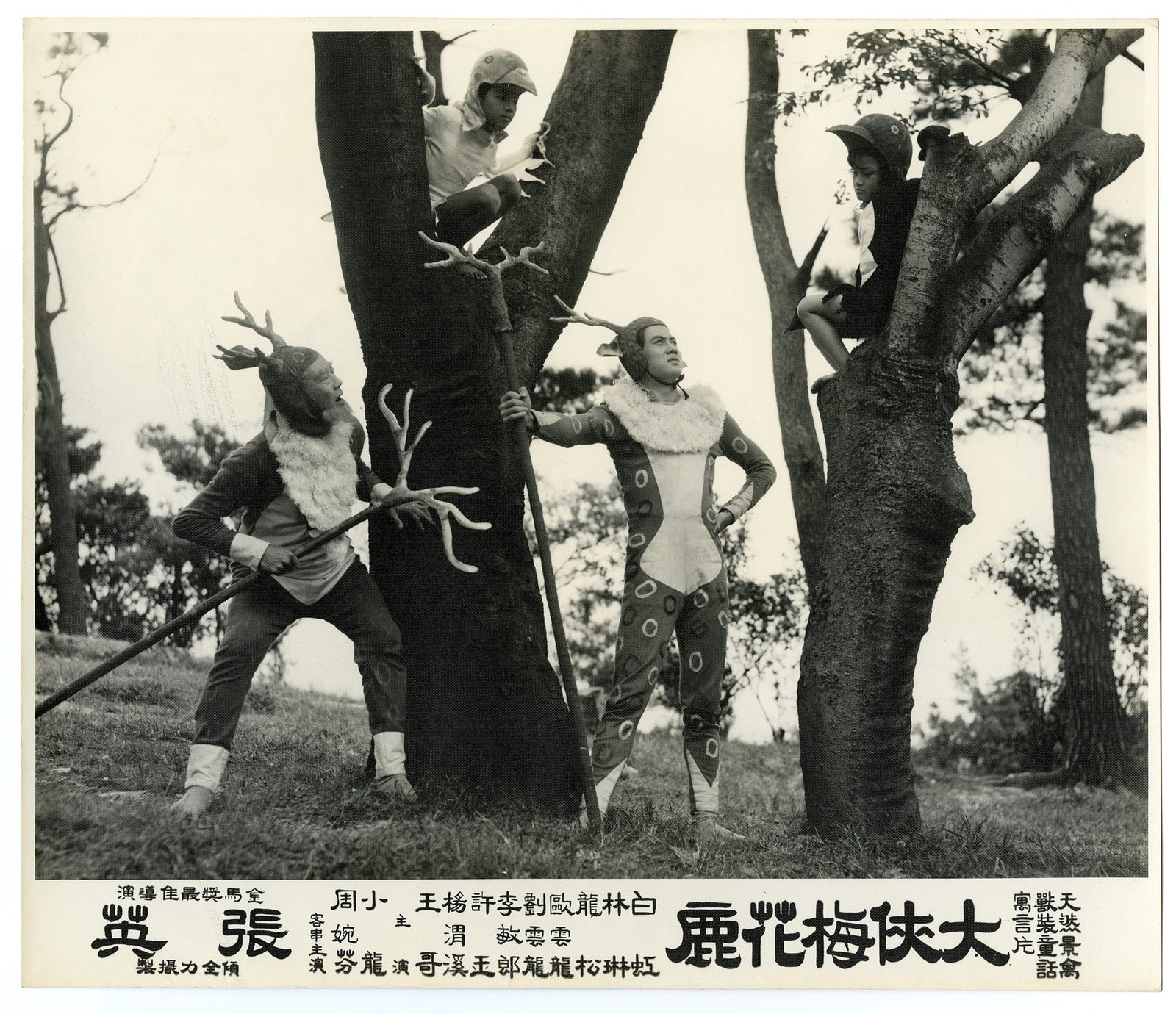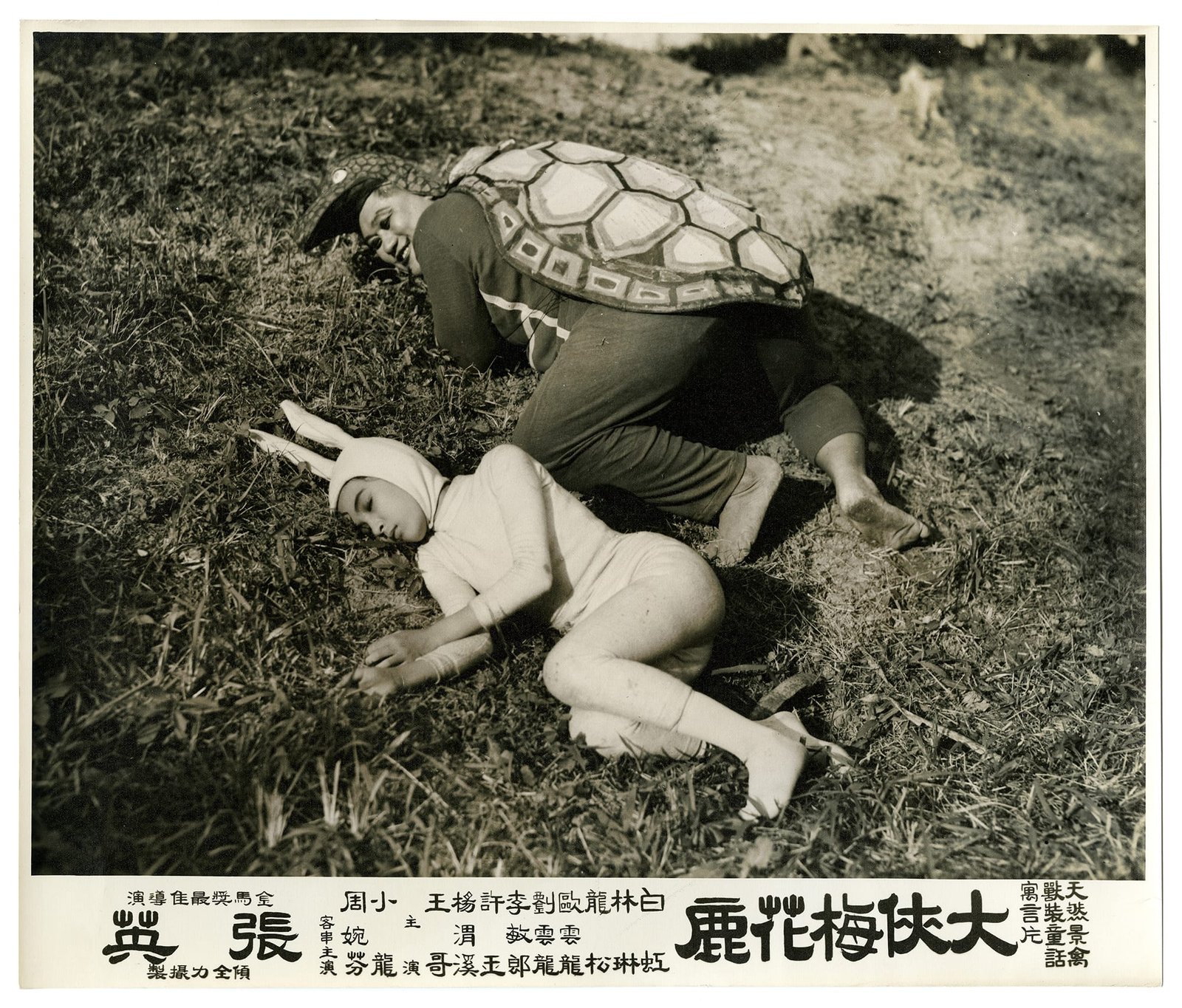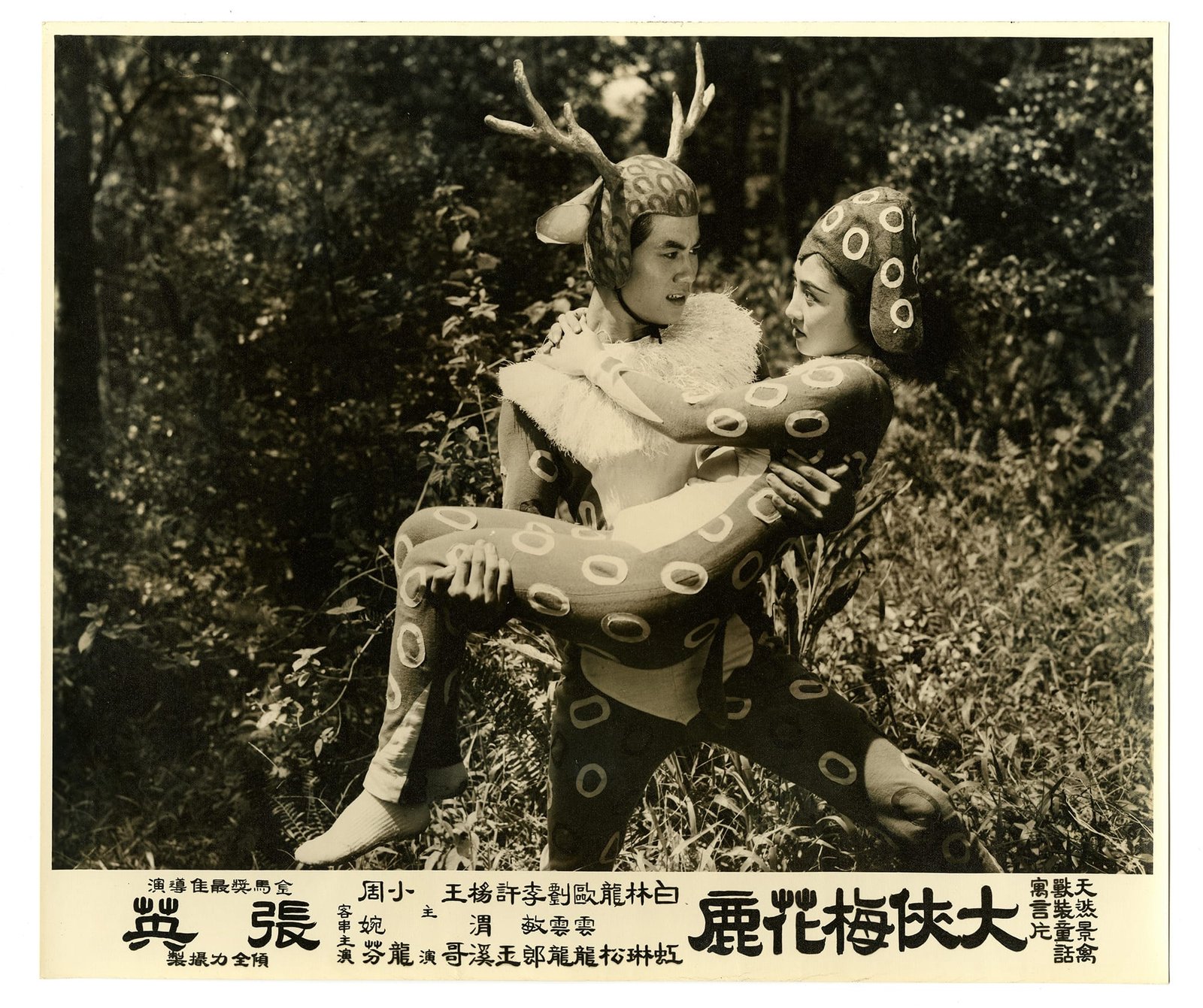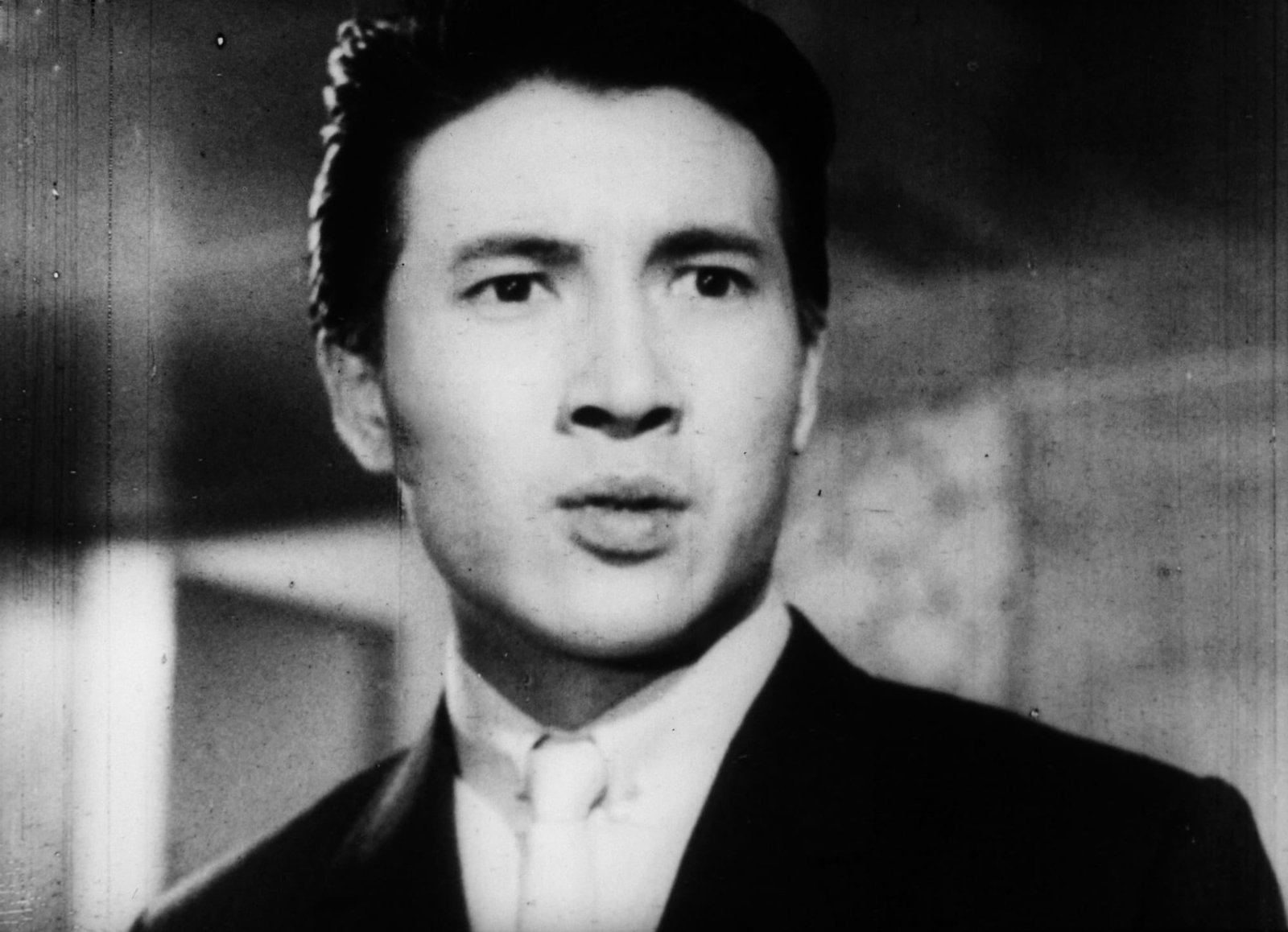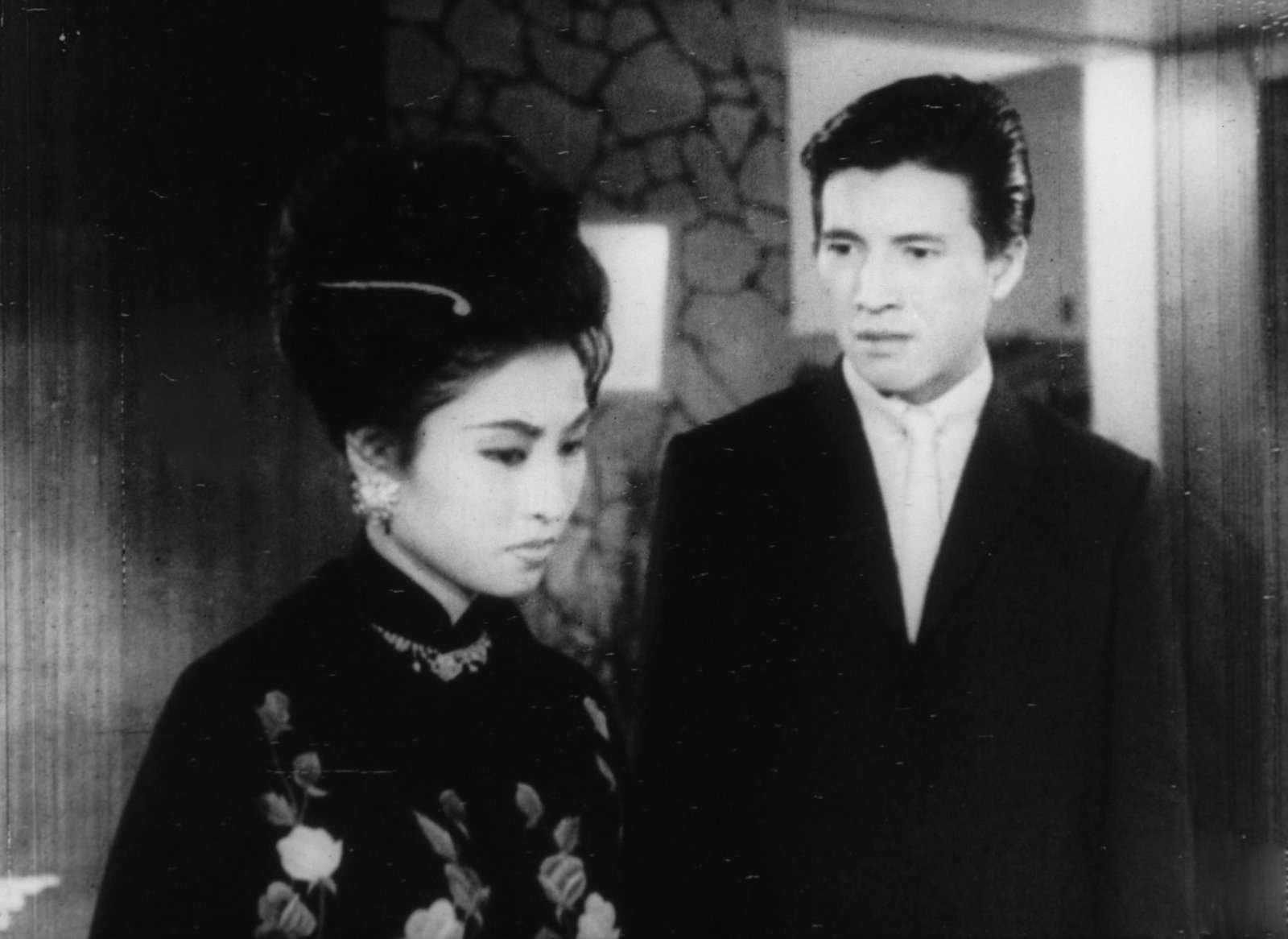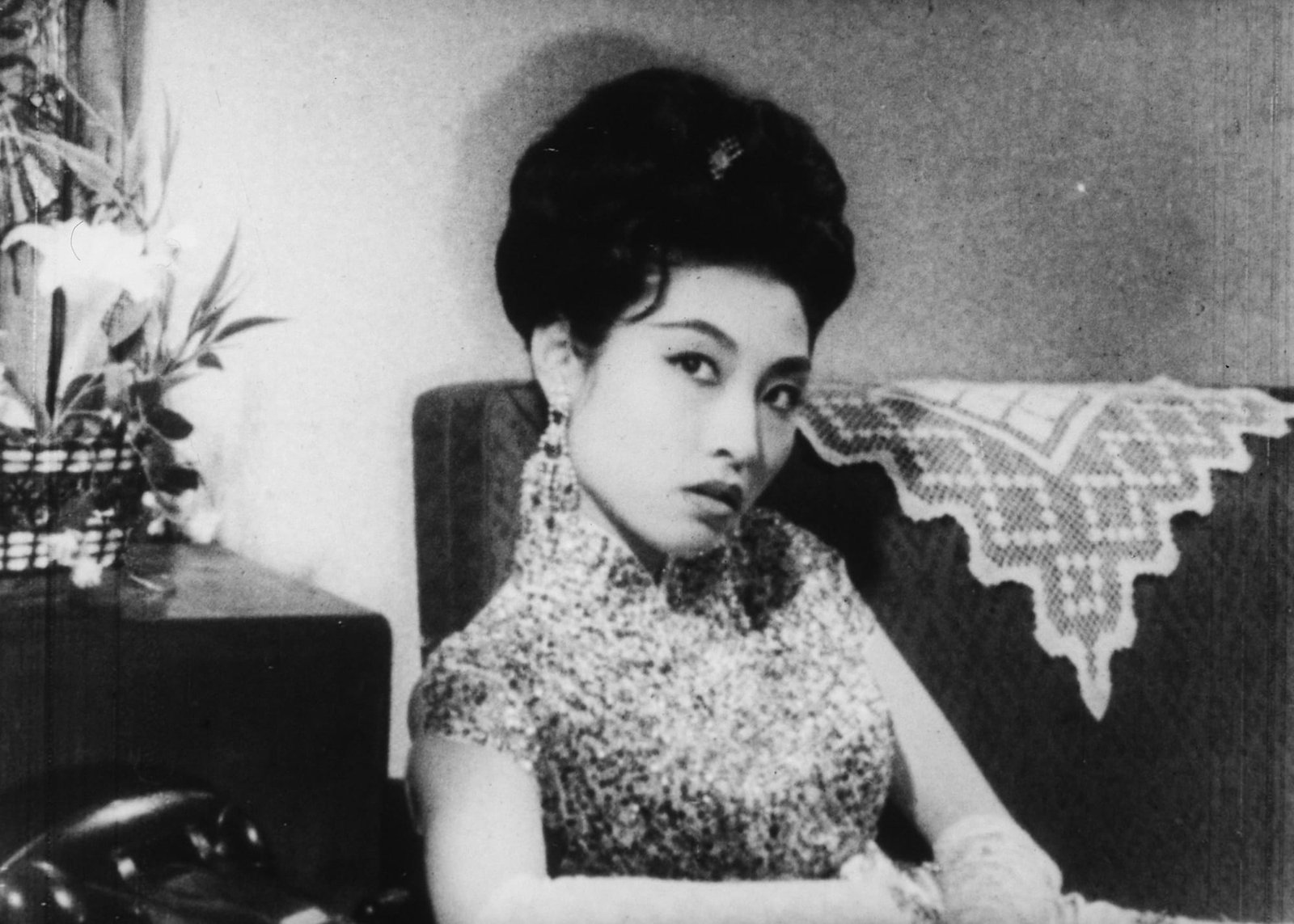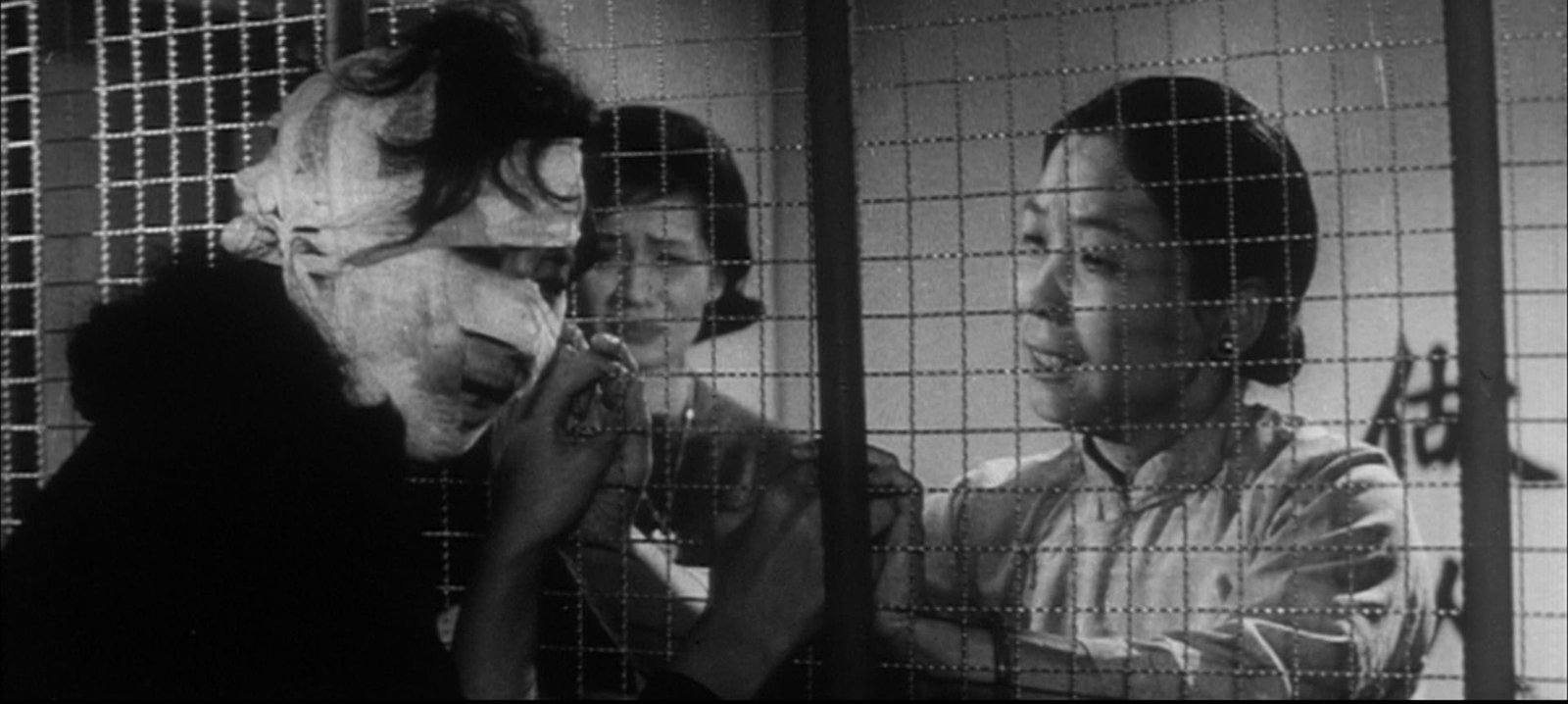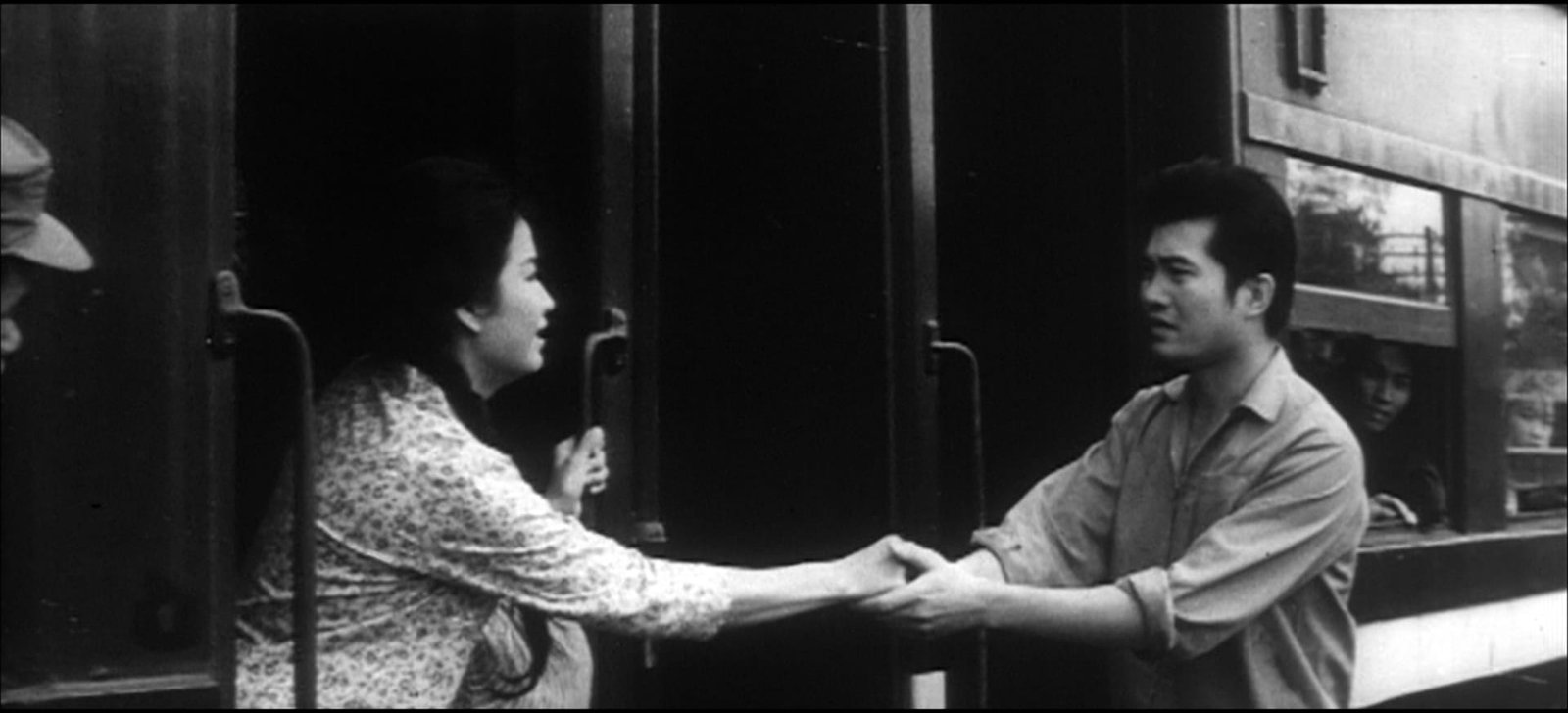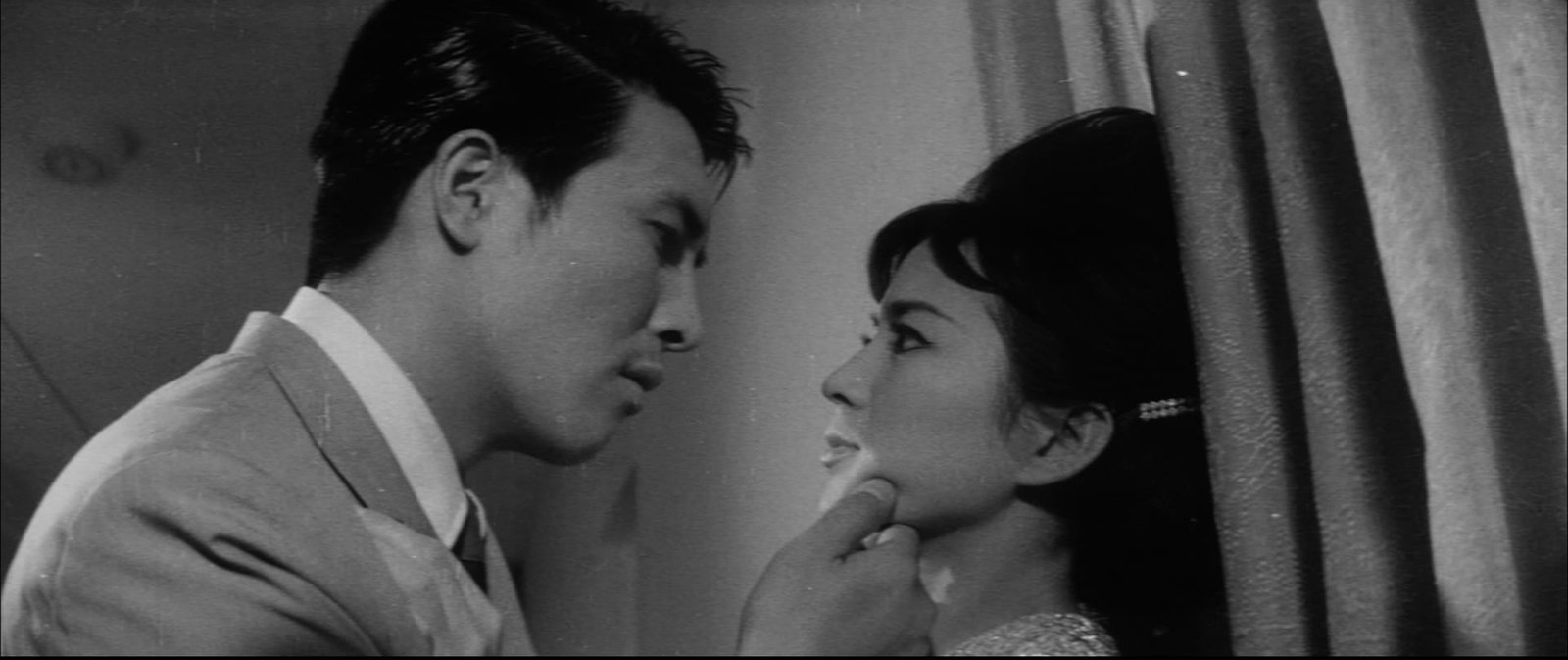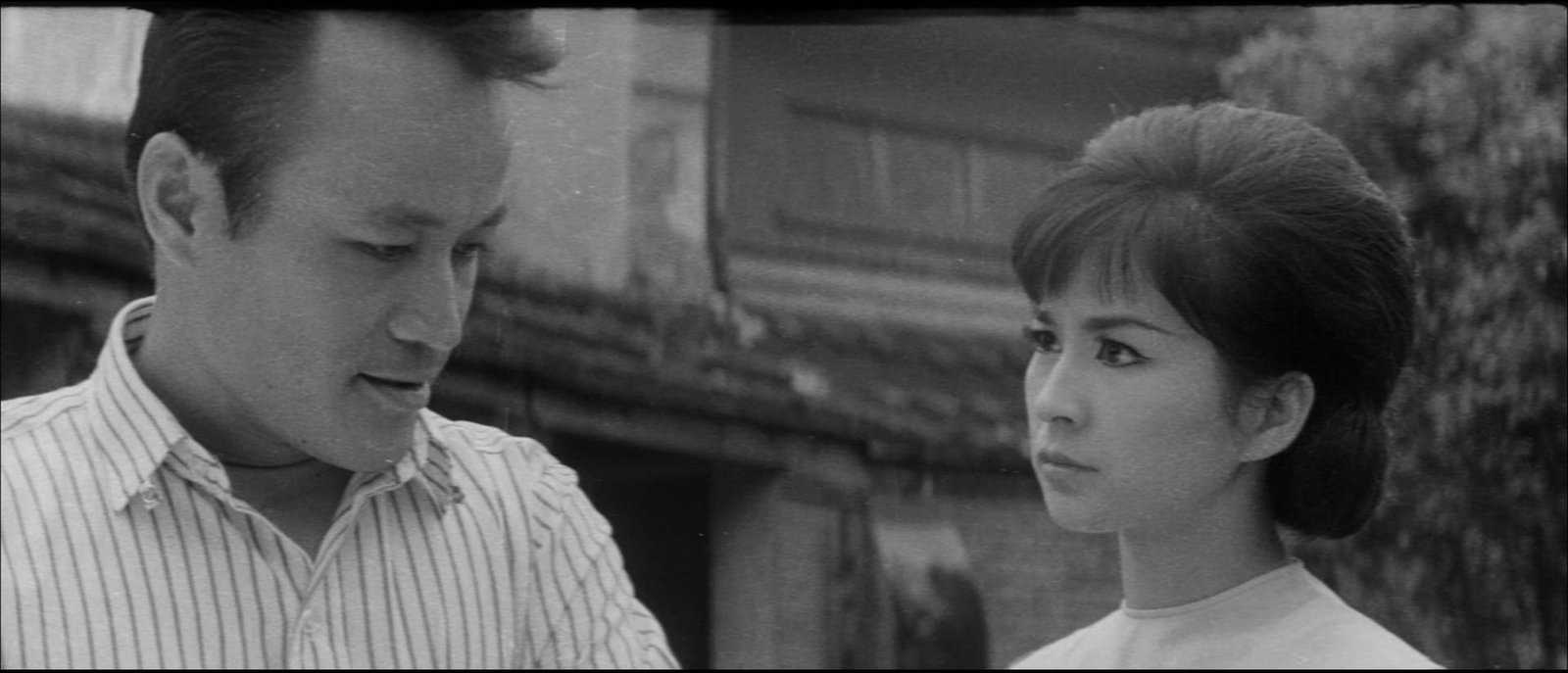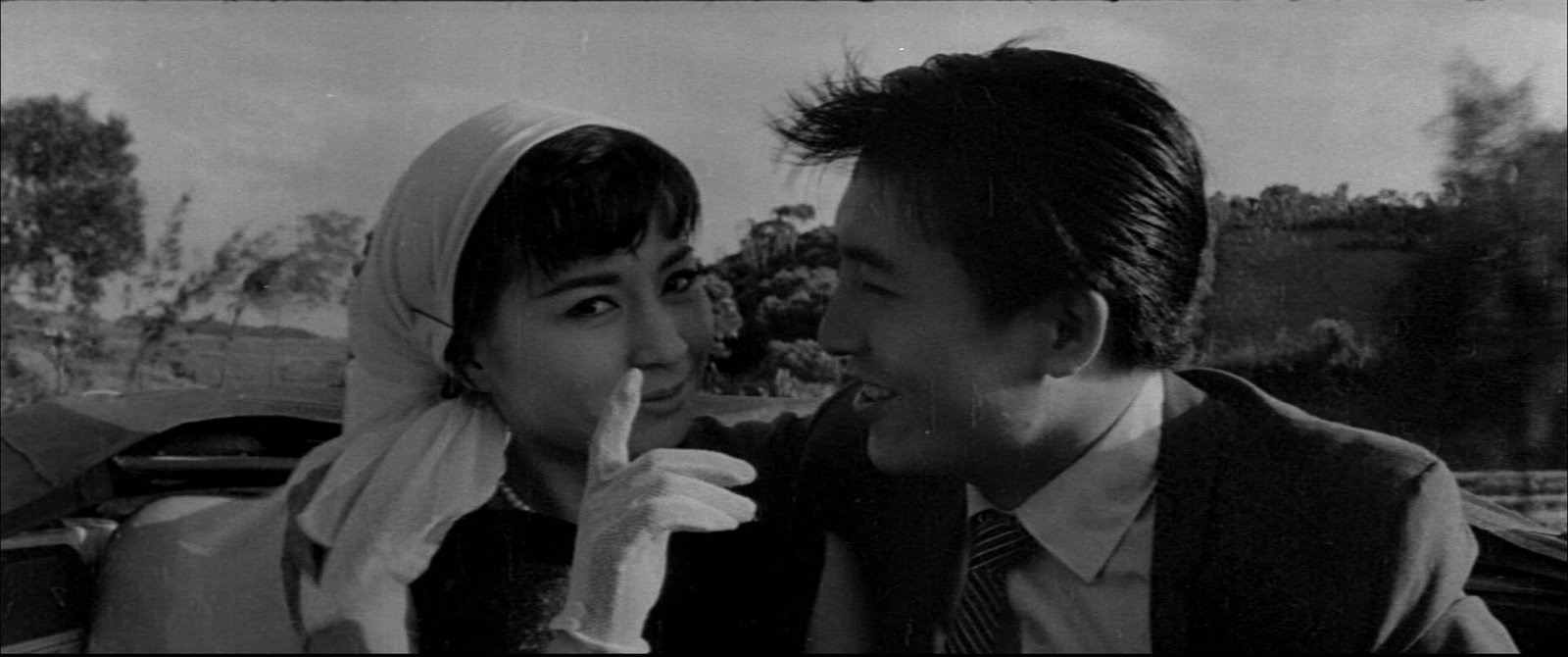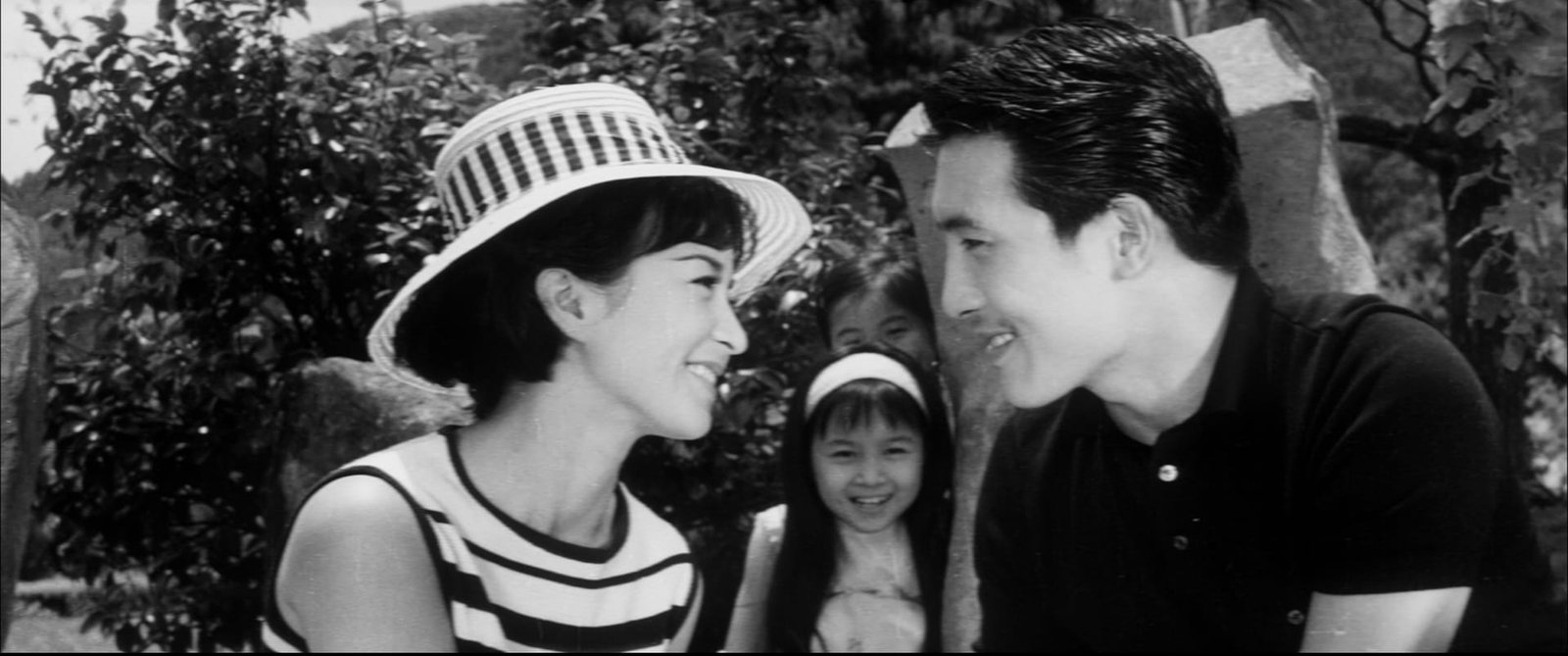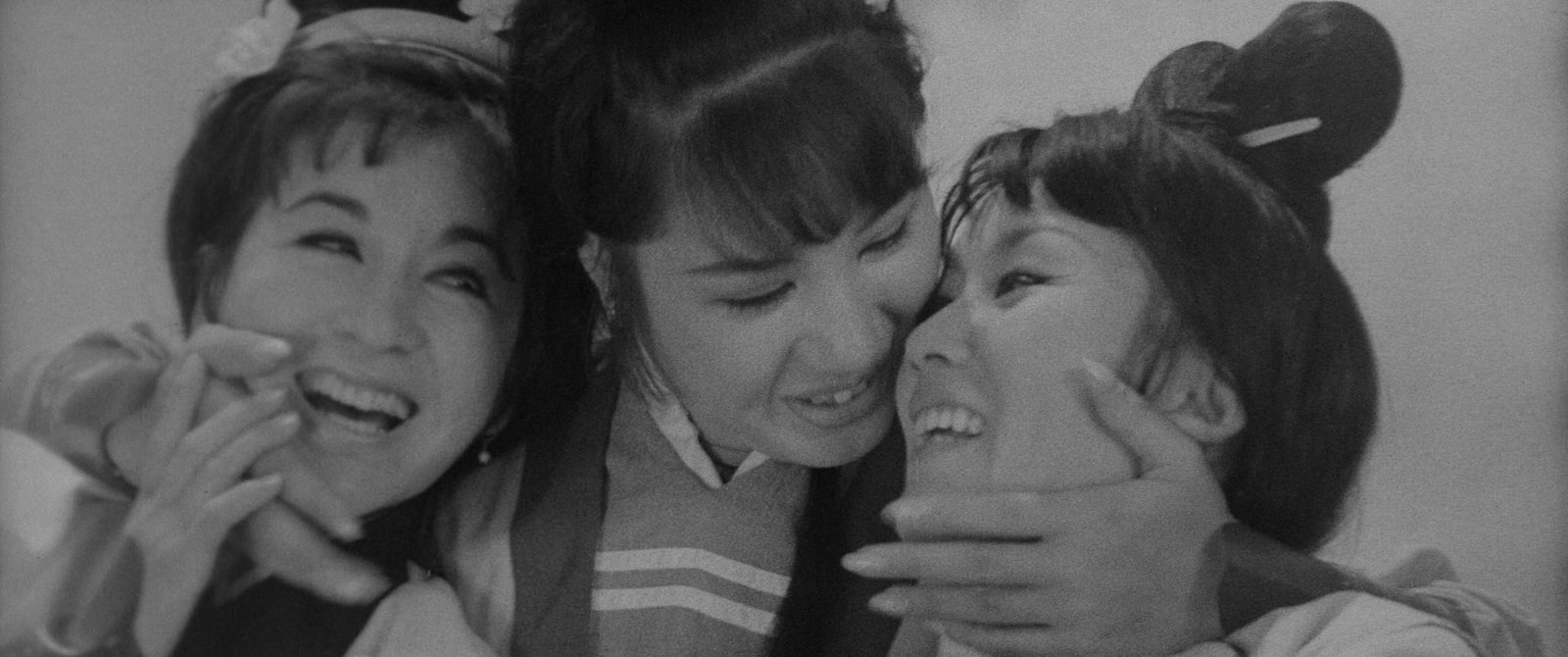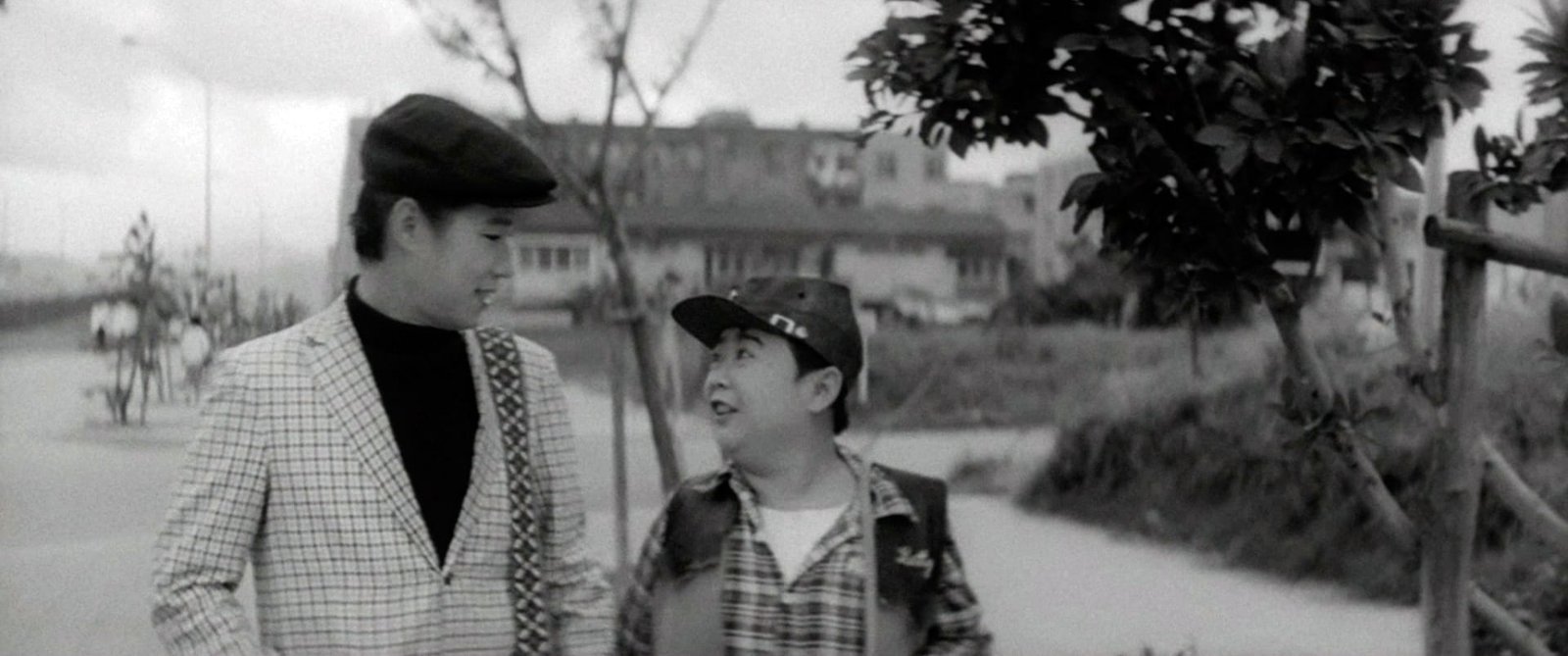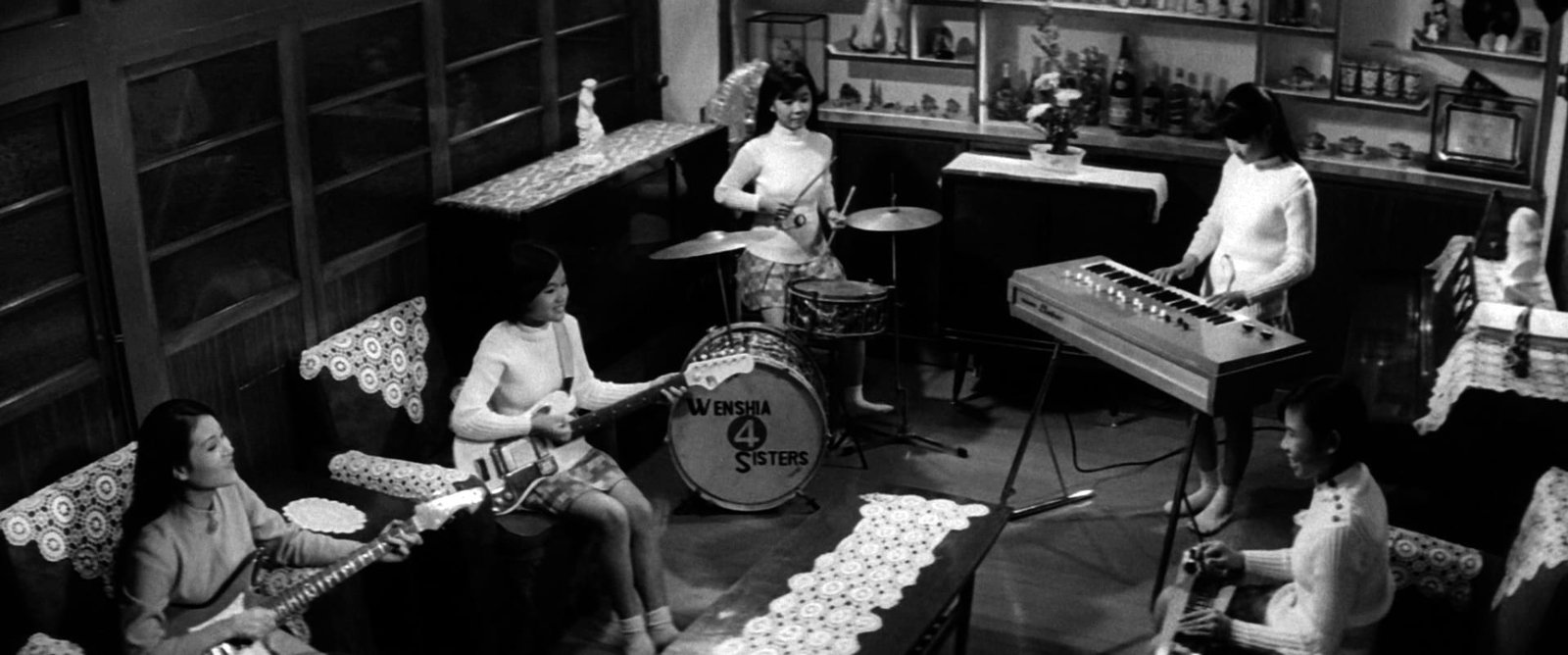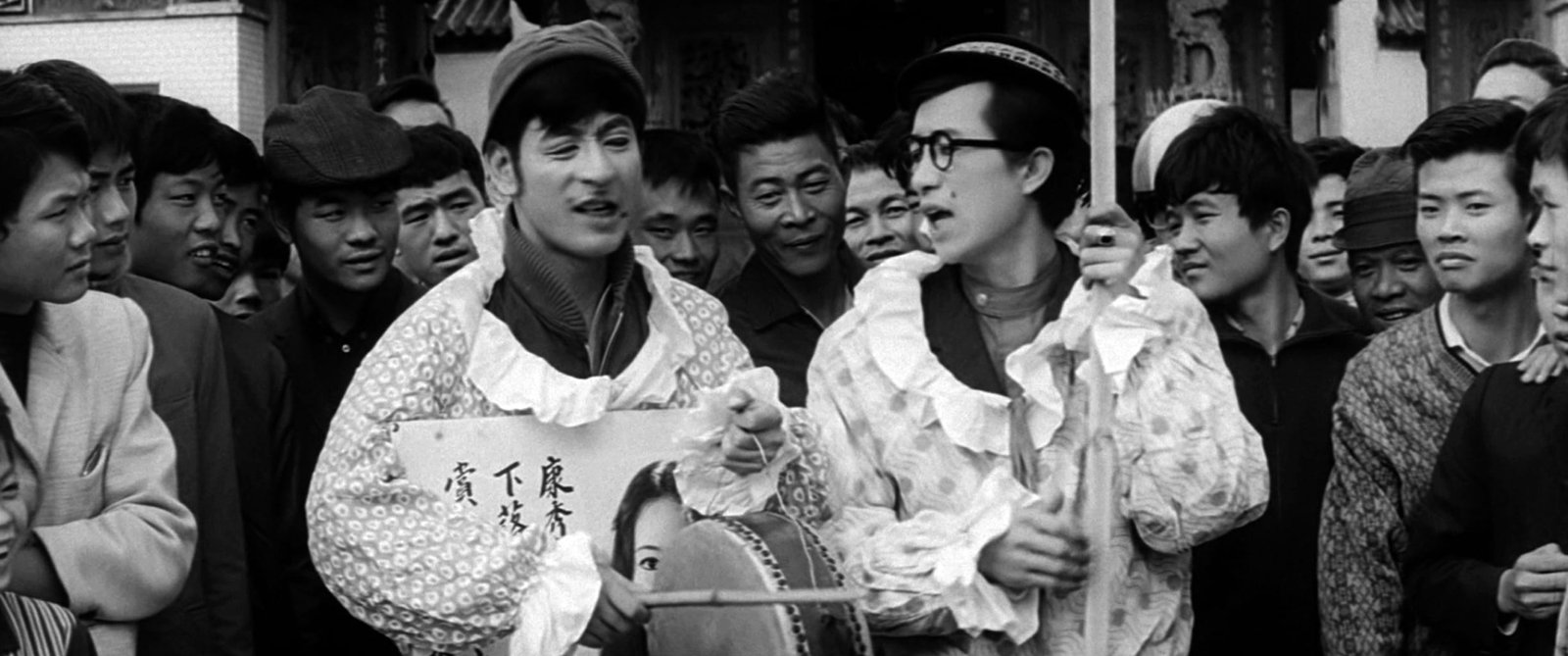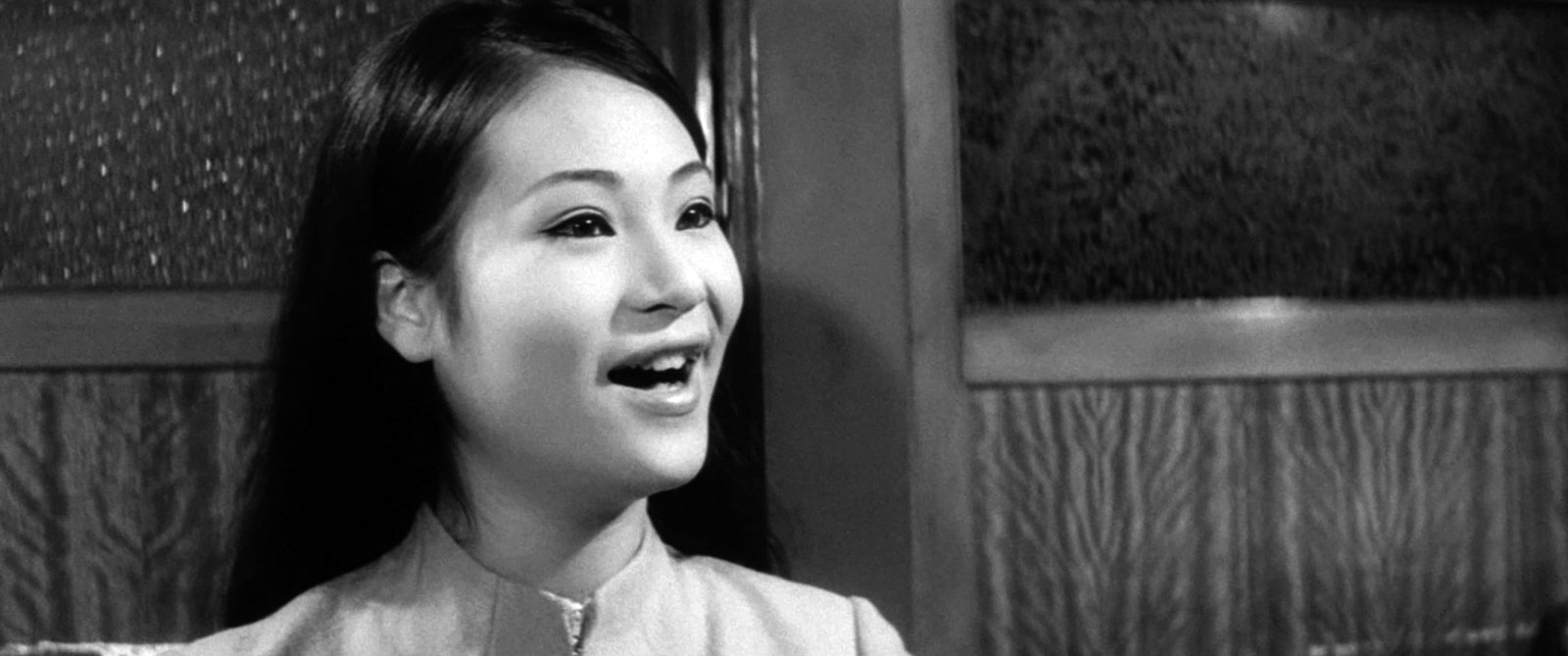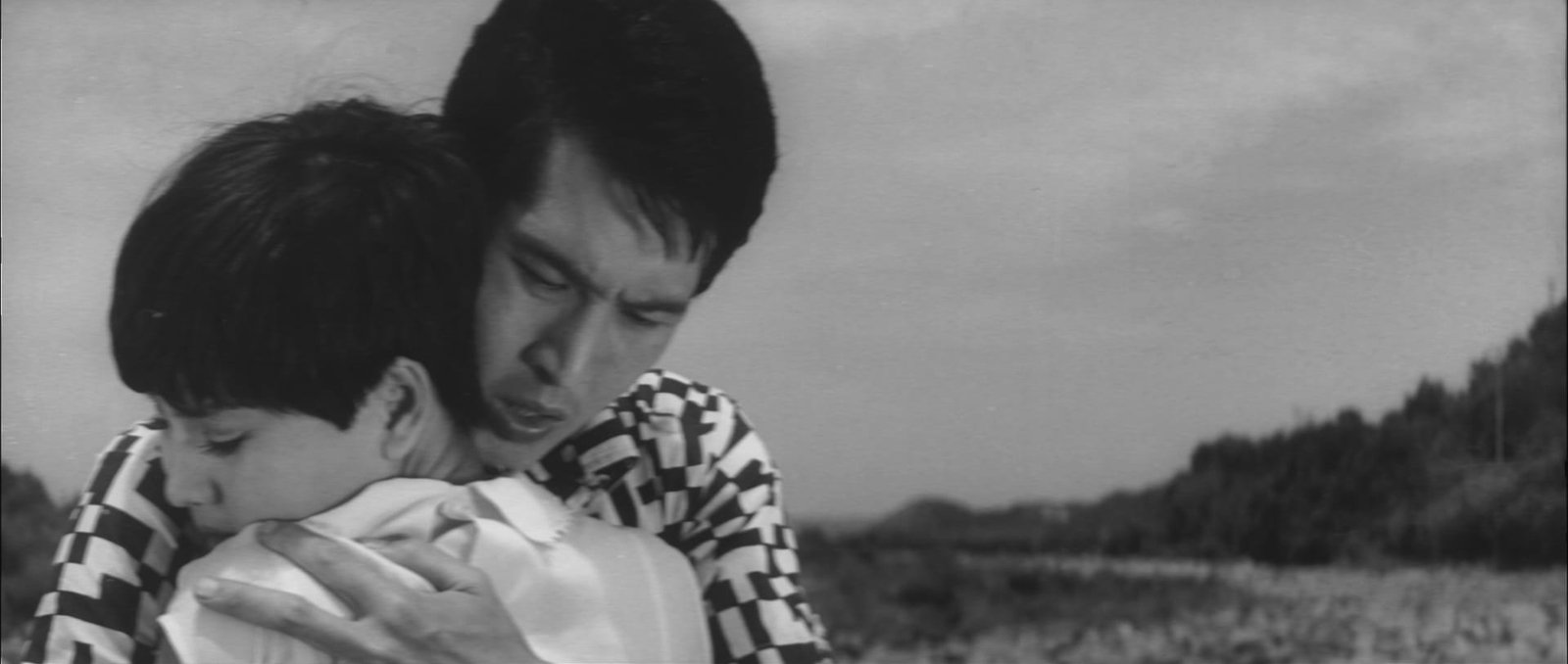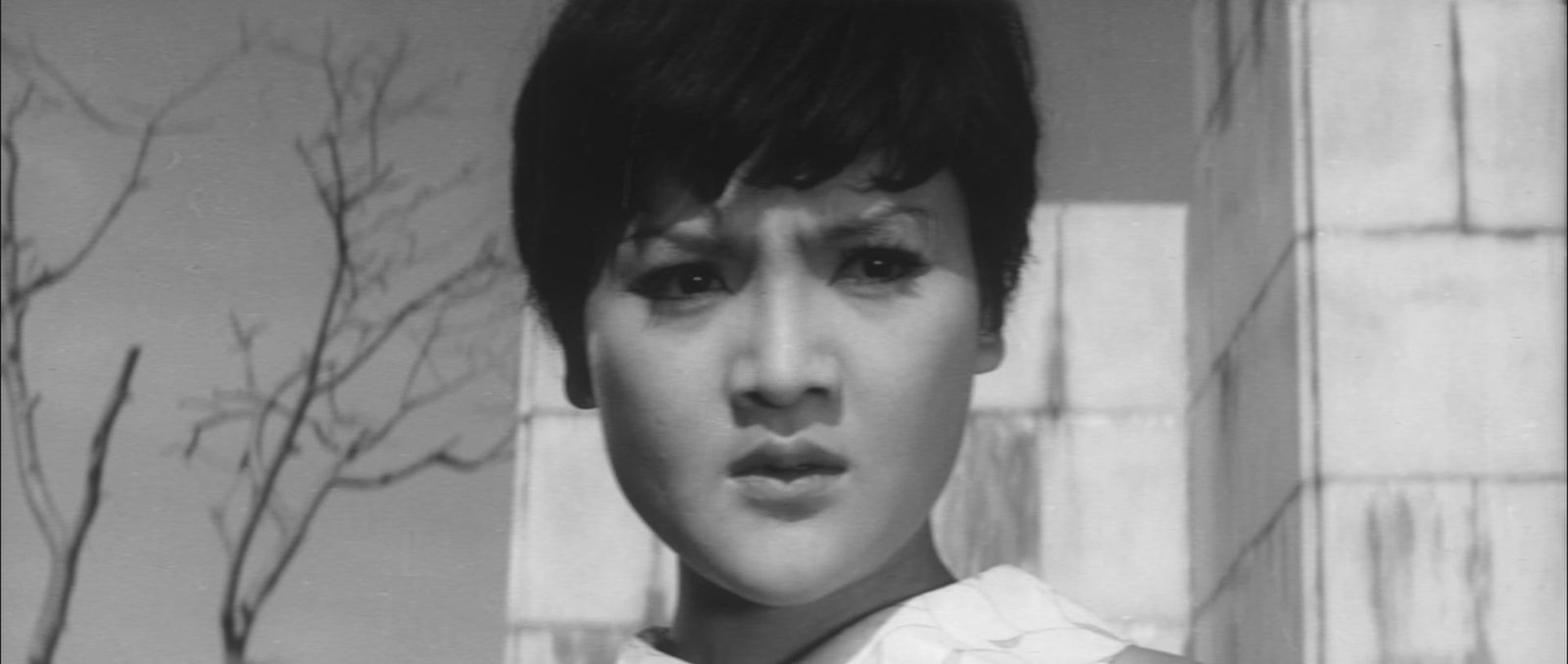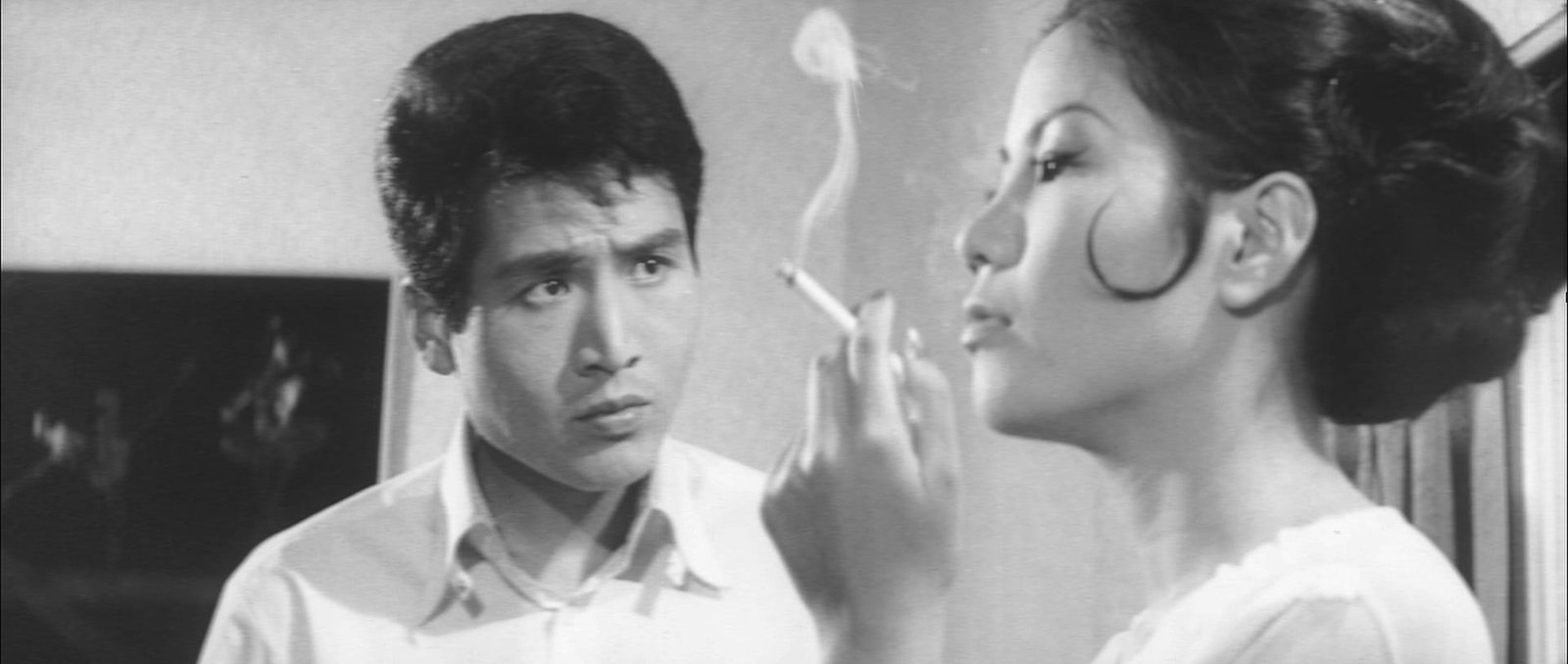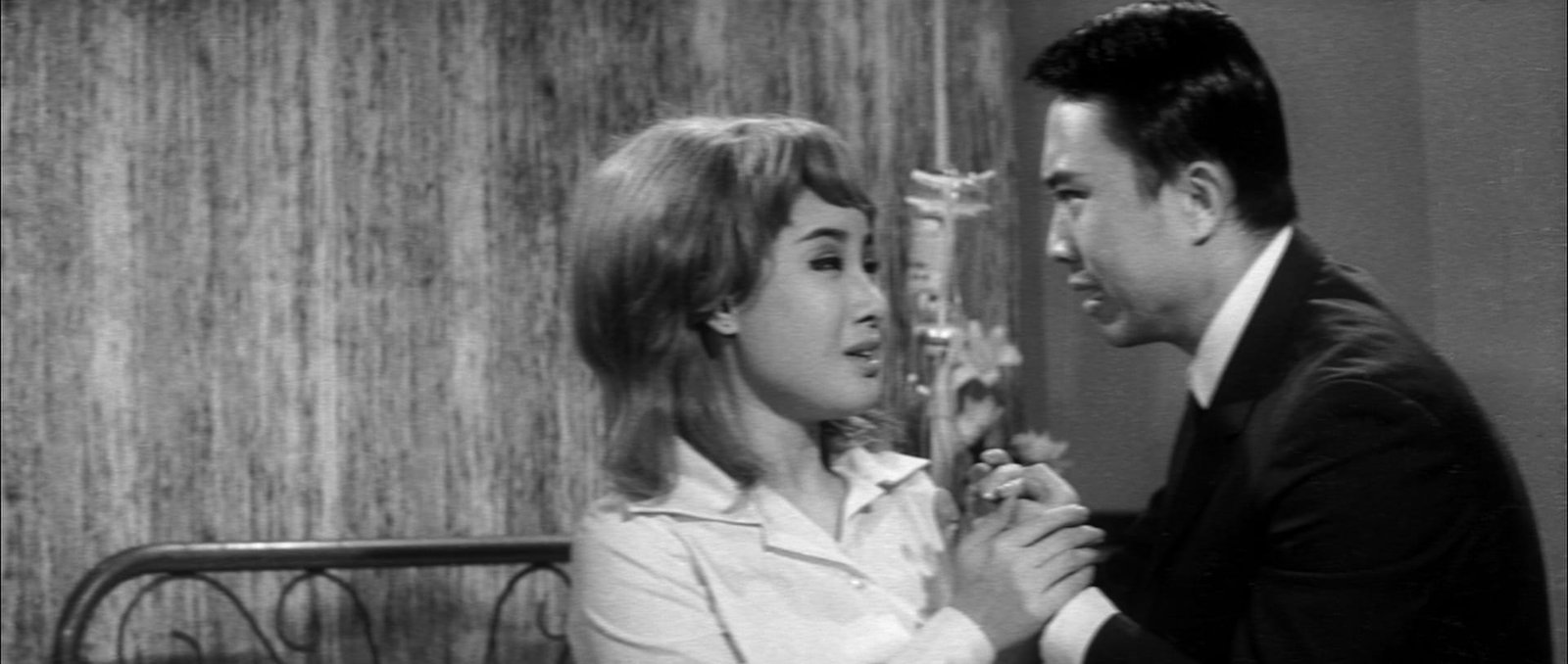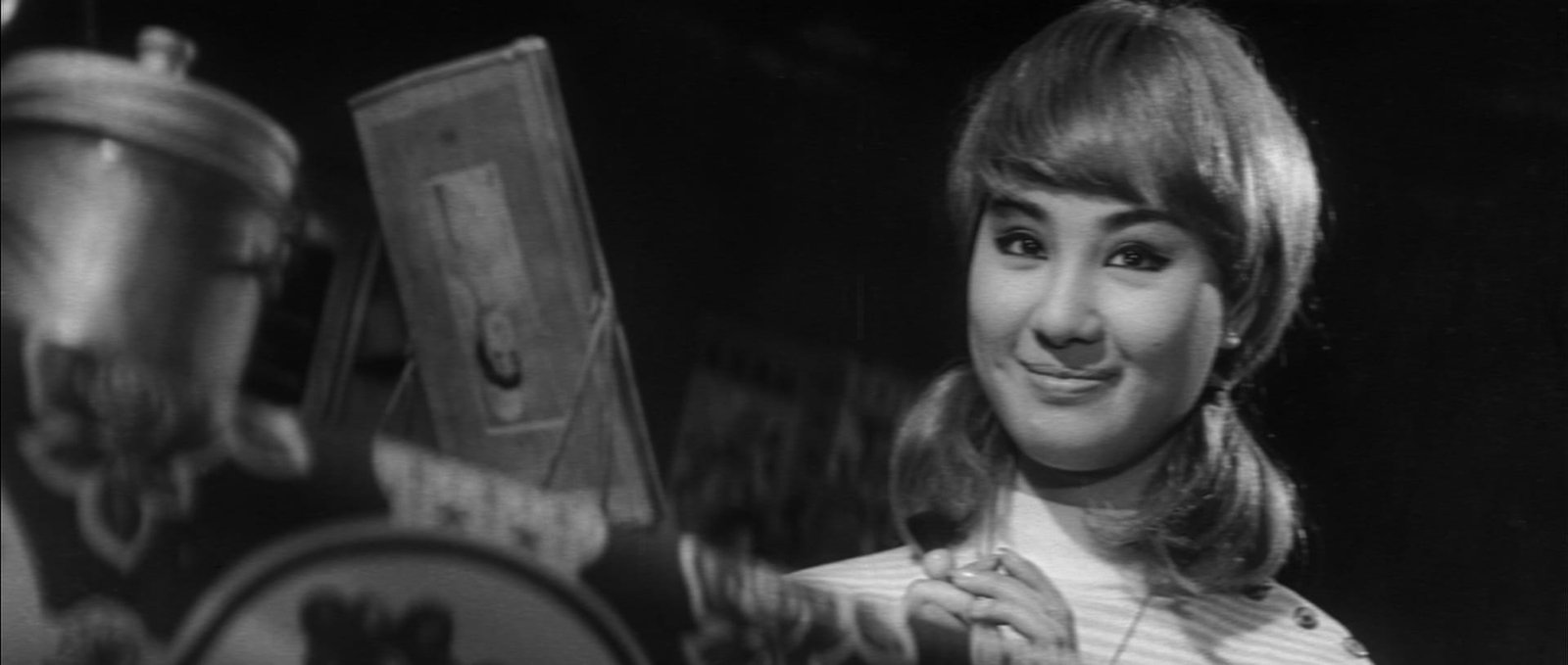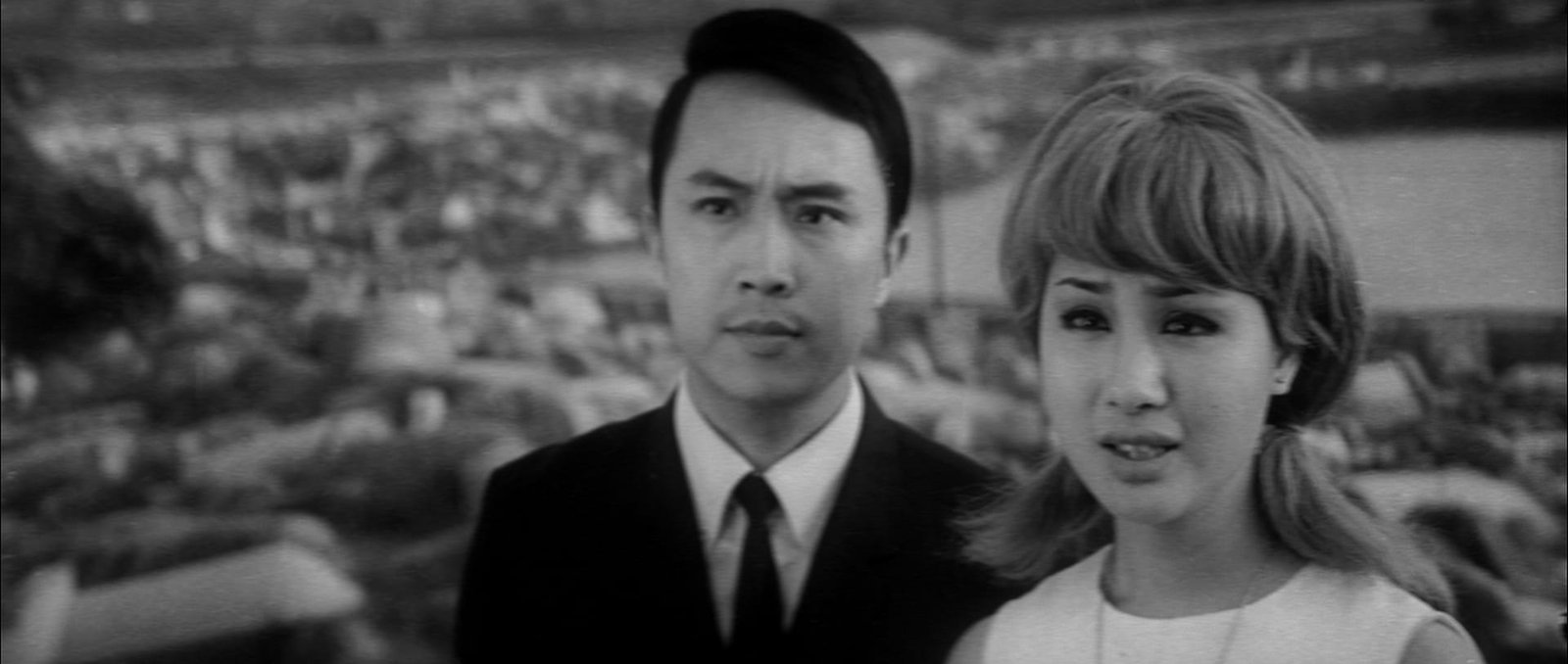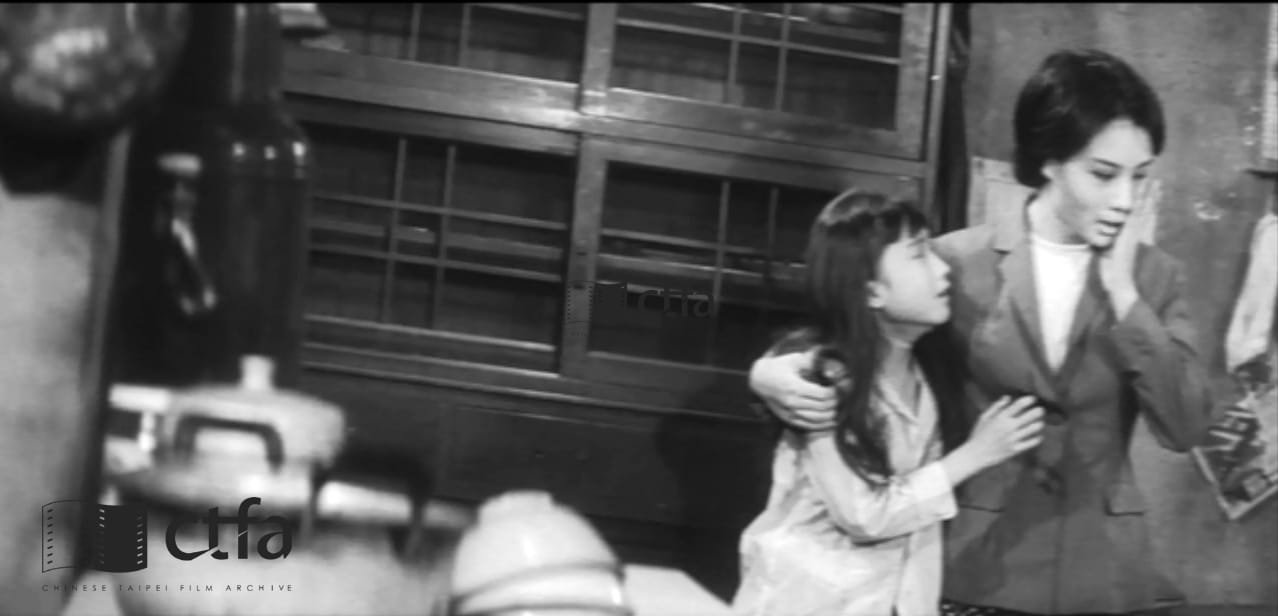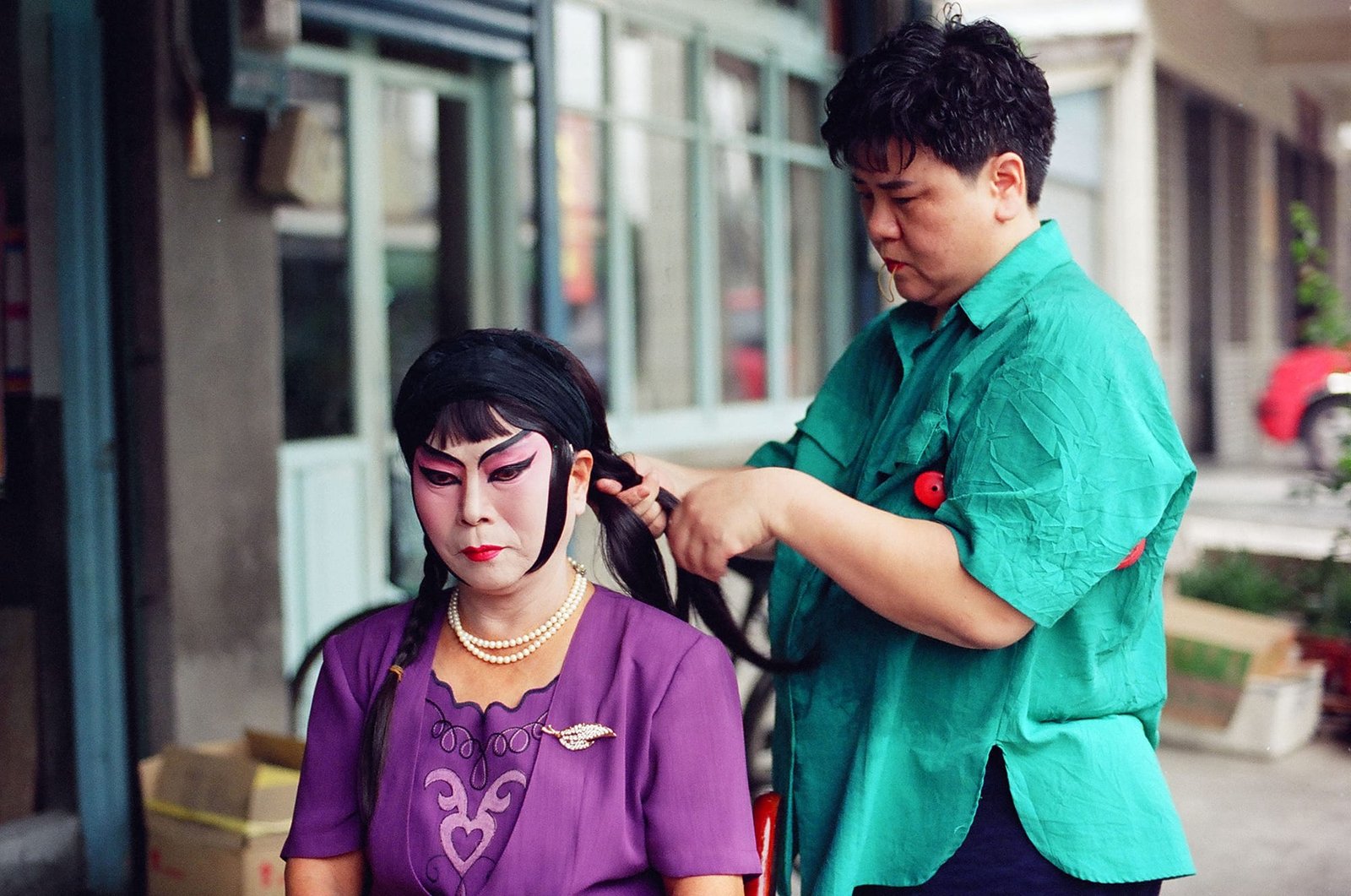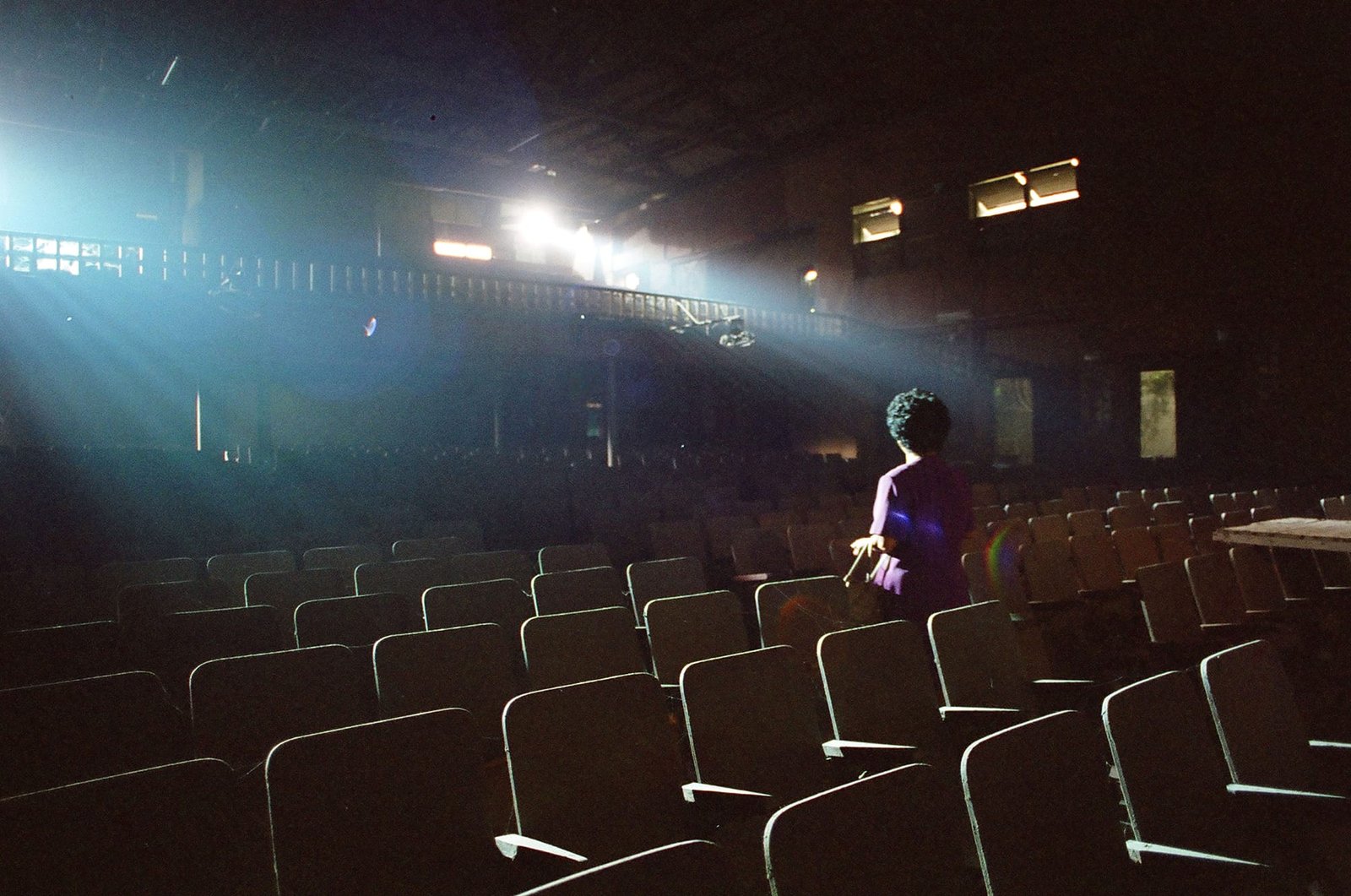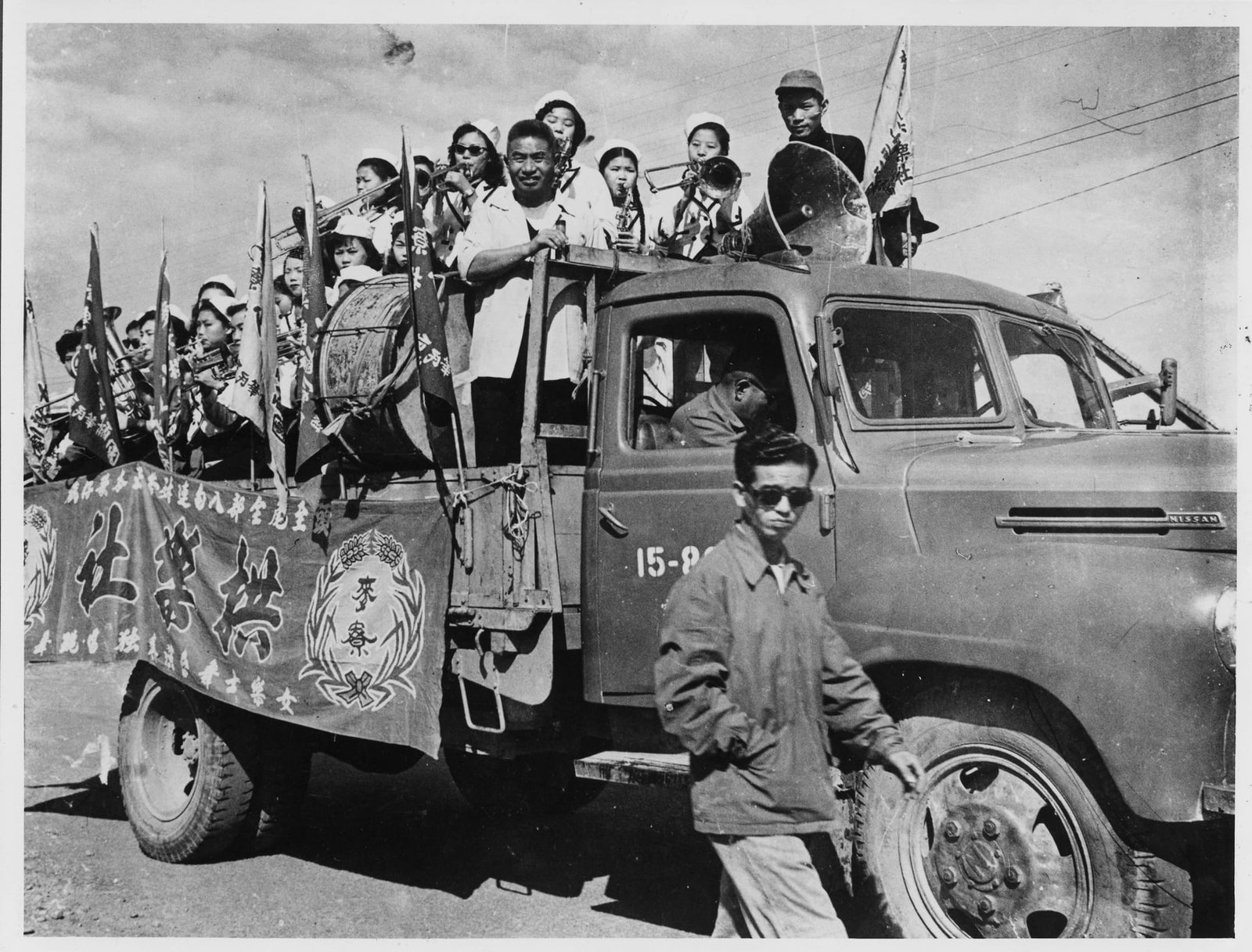The films
Many of the 200-plus surviving Taiwanese-language films are being made available and restored. We have selected 9 English-subtitled films, 7 of which have been restored by the Taiwan Film Institute, plus a more recent documentary. They represent the historical and generic range of Taiwanese-language cinema, and are among the most well-known of the surviving Taiwanese-language films. Our venue partners have selected from them and designed their programmes around them.
Brother Wang and Brother Liu Tour Taiwan
王哥柳哥遊台灣 | 1959 | Director: Li Xing
In this Laurel-and-Hardy inspired comedy megahit that inspired a stream of sequels, Brother Wang and Brother Liu tour Taiwan after the first part of a fortune teller’s prediction that one will win the lottery and the other will die comes true. Innocents abroad, they get into countless funny mix-ups. The film redoubles Taiwanese-language cinema’s aural appeal for local audiences of hearing their own language on screen for the first time with the visual appeal of their home island’s sights.
Fantasy of the Deer Warrior
大俠梅花鹿 | 1961 | Director: Zhang Ying
Cosplay meets Aesop’s Fables in this furry fantasy that veers between the wacky and the preachy. Actors in animal outfits gambol in the forests until they are attacked by a pack of marauding “wolves.” Will they overcome internal divisions and defend themselves? Is Fantasy of the Deer Warrior an allegory for Taiwan? Who do the wolves represent? Audiences at revivals have offered different interpretations at the same time as hailing Deer Warrior as a cult movie.
The Best Secret Agent (aka Secret Agent Heaven No. 1)
天字第一號 | 1964 | Director: Zhang Ying
This first ever Taiwanese-language spy movie produced in Taiwan has a lot of innocent charm. The Best Secret Agent is a remake of a 1945 movie of the same name that caused a sensation in Shanghai. Fuelled by a dog-eat-dog plot and the many changing faces of the protagonist, the film created a new Taiwanese box office record in the early 1960s and kick-started the popularity of the Taiwanese-language spy film genre for years to come.
Early Train from Taipei
台北發的早車 | 1964 | Director: Liang Zhefu
Made as Taiwan’s economy took off in the 1960s, Early Train from Taipei is a classic town-and-country melodrama of development. To save her bankrupt rural family, Xiulan takes the train to Taipei to earn money. Boyfriend Huotu is horrified to find she has been tricked into becoming a taxi dancer in a nightclub when he visits, and tries to persuade her to leave the next morning on the early train from Taipei. Tragedy piles upon tragedy in this cautionary tale, which touched a nerve with audiences and inspired a raft of sequels.
The Bride Who Has Returned from Hell
地獄新娘 | 1965 | Director: Xin Qi
Made in 1965 and adapted from Victoria Holt’s novel, Mistress of Mellyn, this film embodies the Taiwanese-language film industry’s enthusiasm for exploring new stories, fresh elements, and foreign influences. The ‘who-done-it’ narrative combines family melodrama’s rifts, risks, and restoration of domestic order with the suspense, mystery, romantic entanglement, and supernatural elements of Gothic romance. Highly enjoyable.
Vengeance of the Phoenix Sisters
三鳳震武林 | 1968 | Director: Chen Hongmin
Classic martial arts action comes to Taiwanese-language cinema with Vengeance of the Phoenix Sisters. Rescued and brought up separately after gangsters murder their parents, three sisters seek revenge. One Mulan-style cross-dressed woman warrior is so handsome her sisters compete for her affections before they all recognize each other. Directed by the editor of King Hu’s famous Dragon Inn and starring Taiwanese opera queen Yang Lihua in a role that helped to launch her film career.
Goodbye, Taipei
再見台北 | 1969 | Director: Xu Fengzhong
This film offers a fascinating glimpse into what the Taiwanese-language pop music industry looked and sounded like in the 1960s. Starring, written by, and with songs performed by Wen Xia (“A-Wen”), arguably the most prominent Taiwanese-language pop icon at the time, Goodbye, Taipei is the final and only surviving episode of the A-Wen series. Packed with popular songs, action and comic gags, viewers should find this movie entertaining. It is an early prototype of Taiwanese “package films,” which serve as a star vehicle for the lead singer-actor.
Dangerous Youth
危險的青春 | 1969 | Director: Xin Qi
Xin Qi was one of the most popular and innovative filmmakers of the Taiwanese-language cinema. Dangerous Youth is not only a poignant and critical work among his repertoire, but also an outstanding achievement of Taiwan cinema as a whole. The film critiques materialism and greed. It also subverts the conventional gender hierarchy. Made in 1969 when Taiwan was under authoritarian rule and films were subjected to heavy censorship, a work of original social commentary like Dangerous Youth is a rare find.
Back to Anping Harbor
回來安平港 | 1972 | Director: Wu Feijian
Starring Yang Lihua in a mother and daughter double role, this romantic melodrama reworks the Madame Butterfly myth. Falling pregnant to a Dutch ship’s doctor who vows to return to Anping Harbour, she dies without him fulfilling his promise. Her red-haired daughter grows up to fall for a medical student about to go overseas. Will the pattern repeat itself? Made as Taiwan had become a global trading power but faced expulsion from the UN, Return to Anping Harbor expresses the cosmopolitan anxieties and aspirations of the early 1970s.
The Lost Kingdom
消失的王國:拱樂社 | 1999 | Director: Li Xiangxiu
This documentary traces the rise and fall of the Kung Le Society, one of the most prominent Taiwanese opera troupes and the star of the first Taiwanese-language film. The director, Li Xiangxiu, has lovingly compiled old movie clips to capture dialect cinema’s distant past. The Lost Kingdom is also an important documentary, because it helps bridge the gap of knowledge about how entertainment businesses developed in Taiwan and how cultural workers from different sectors networked, interacted and conflicted.






